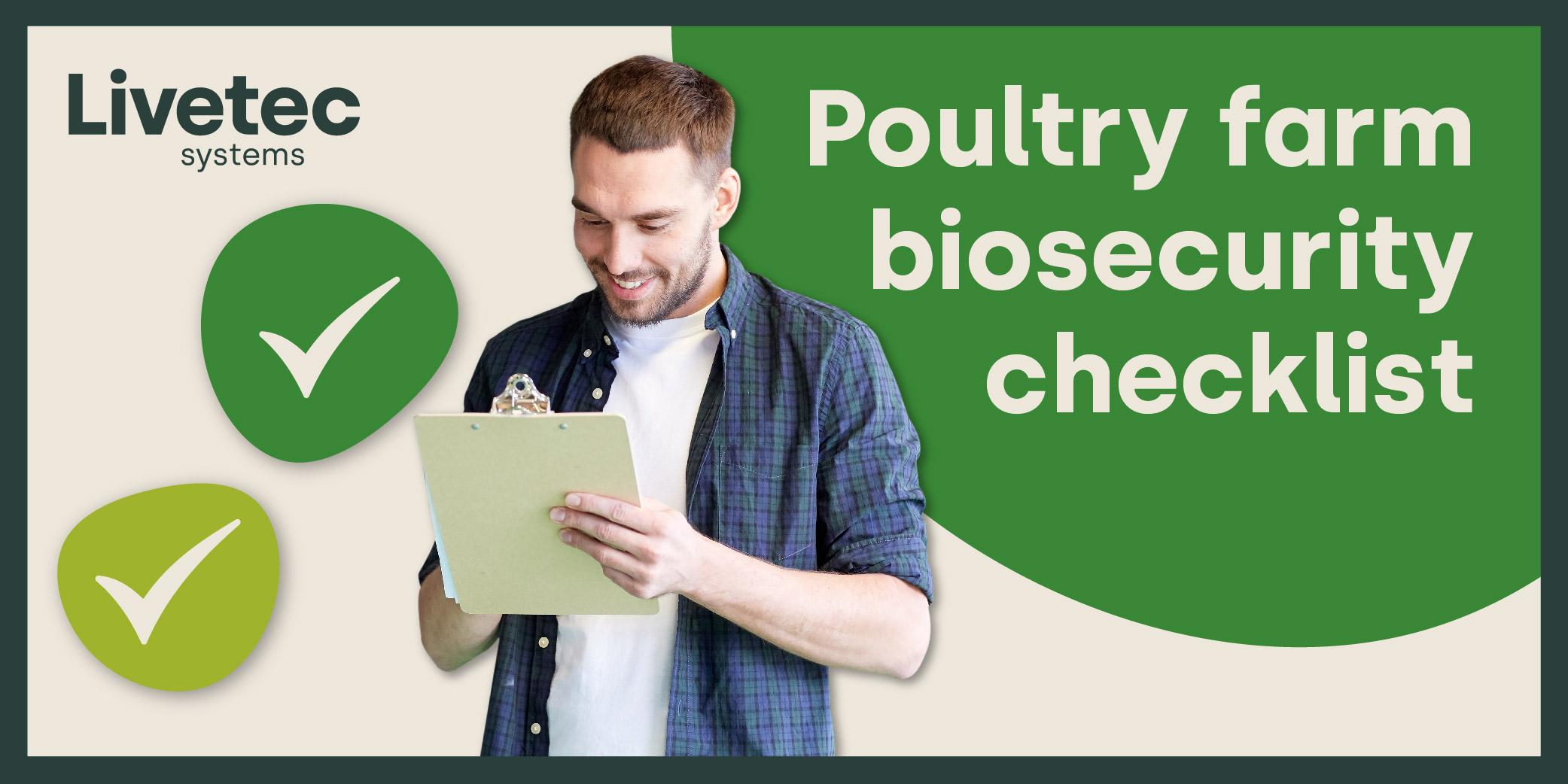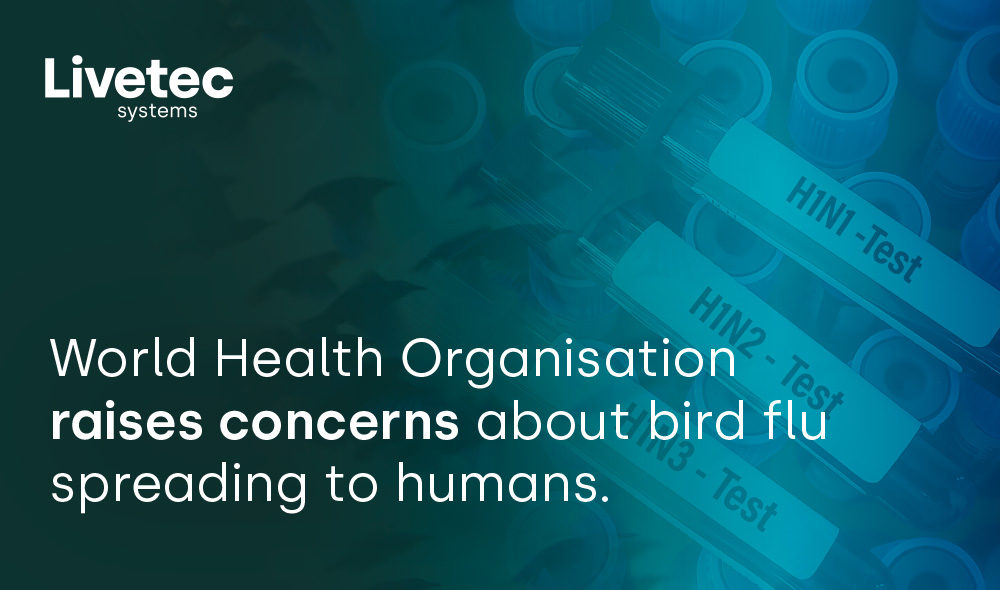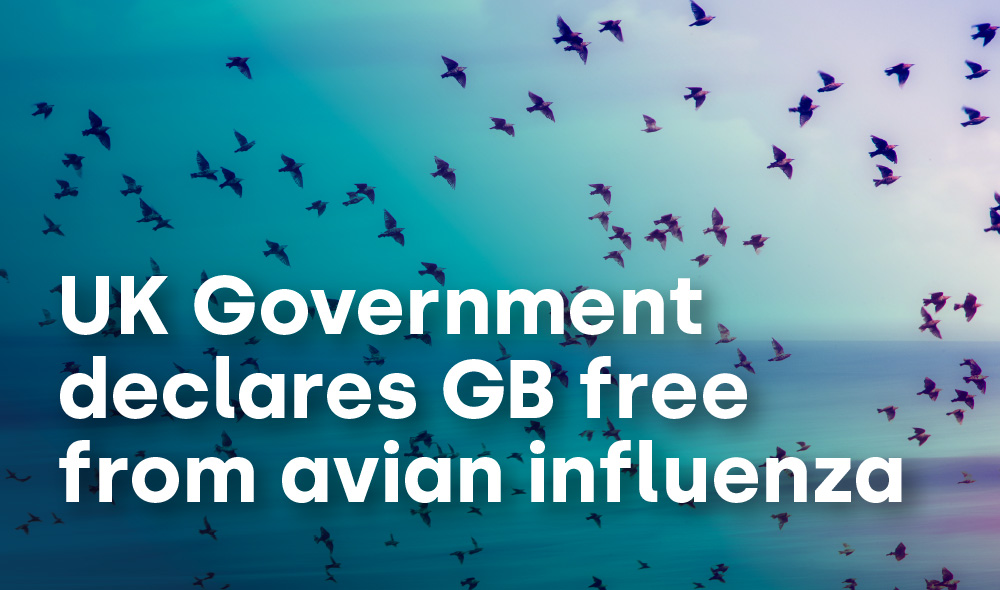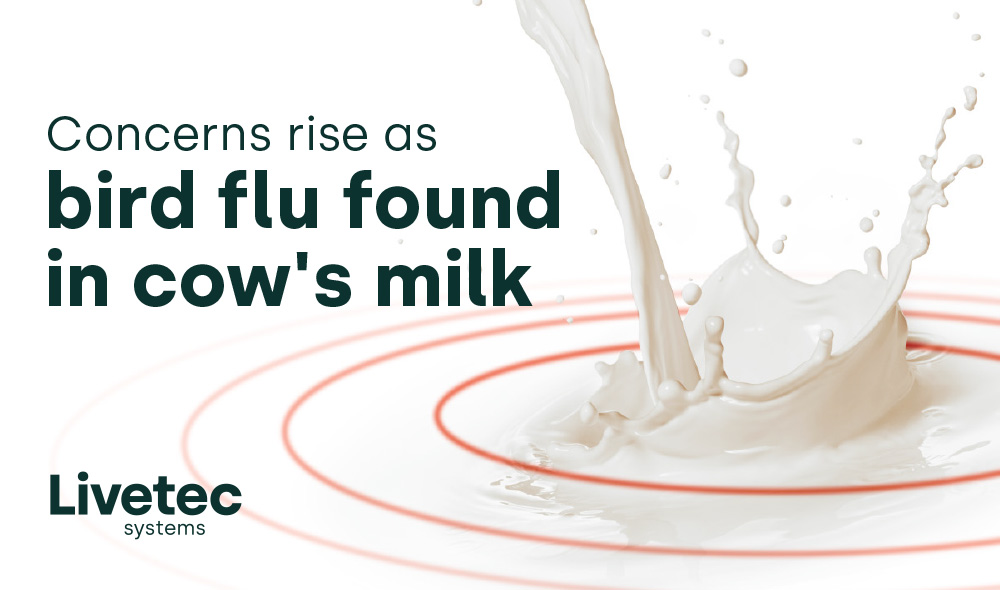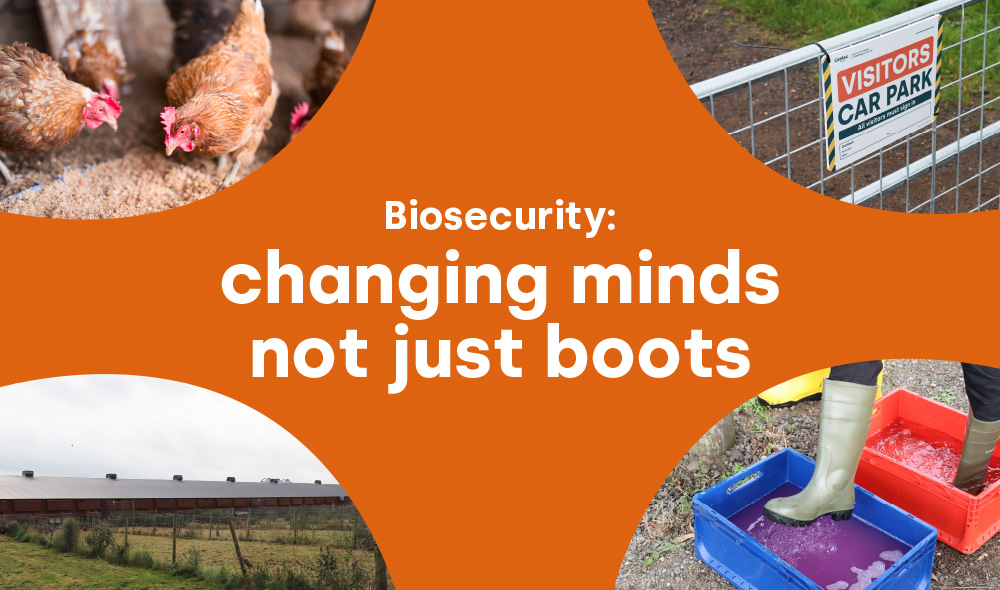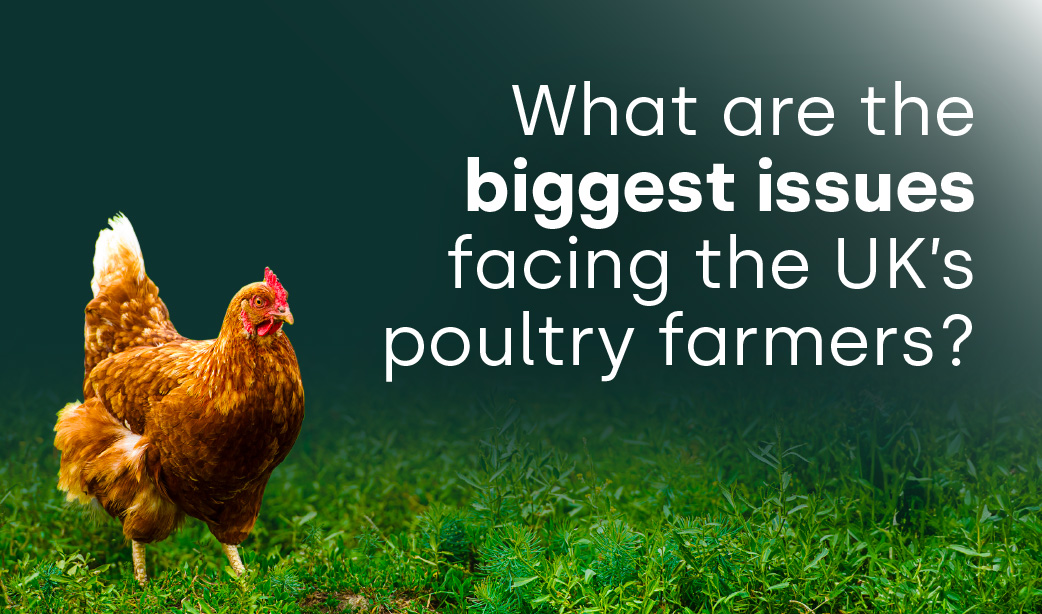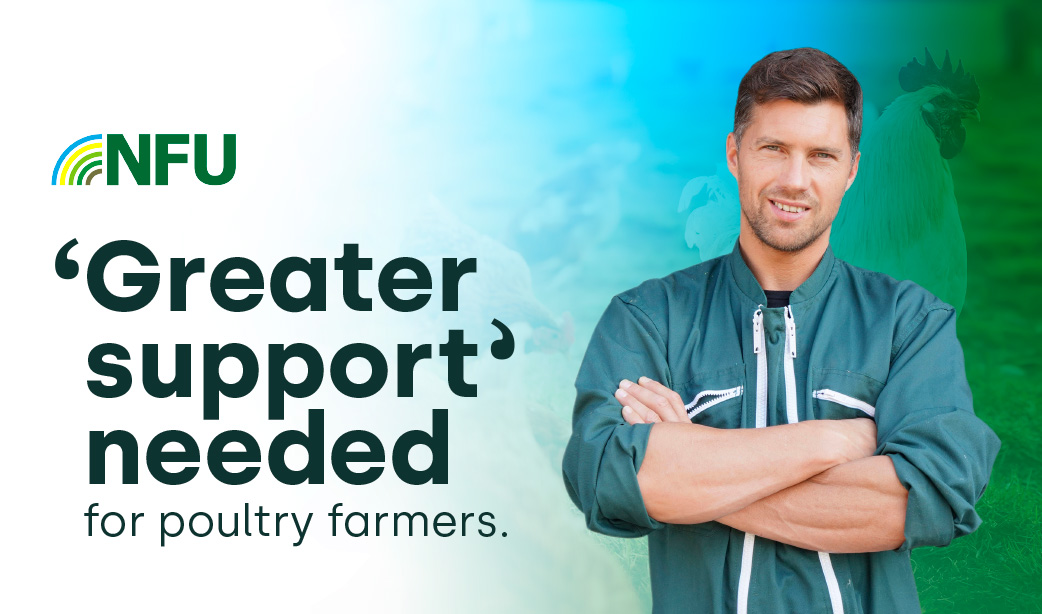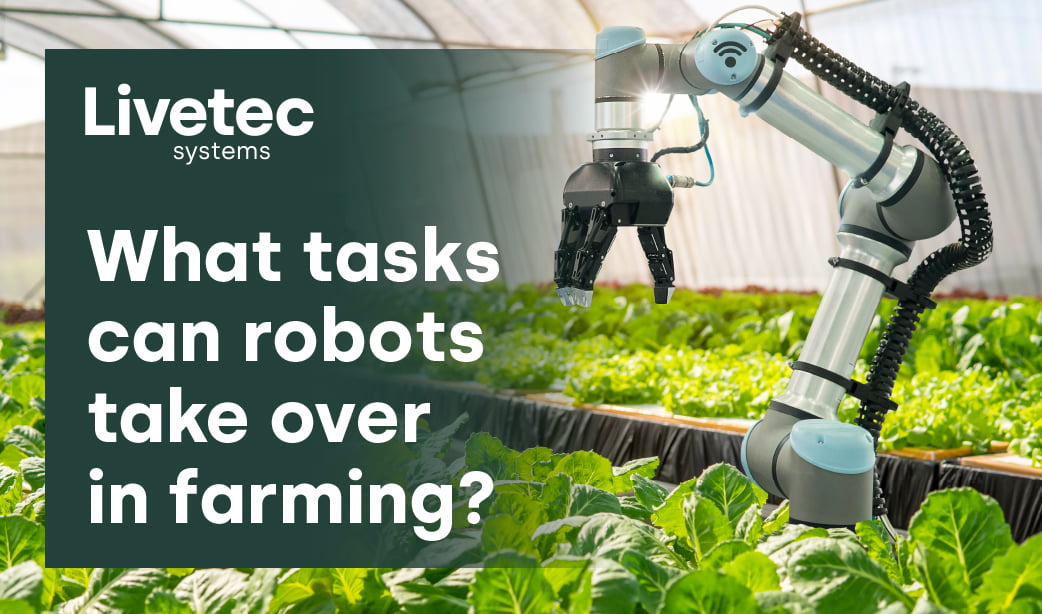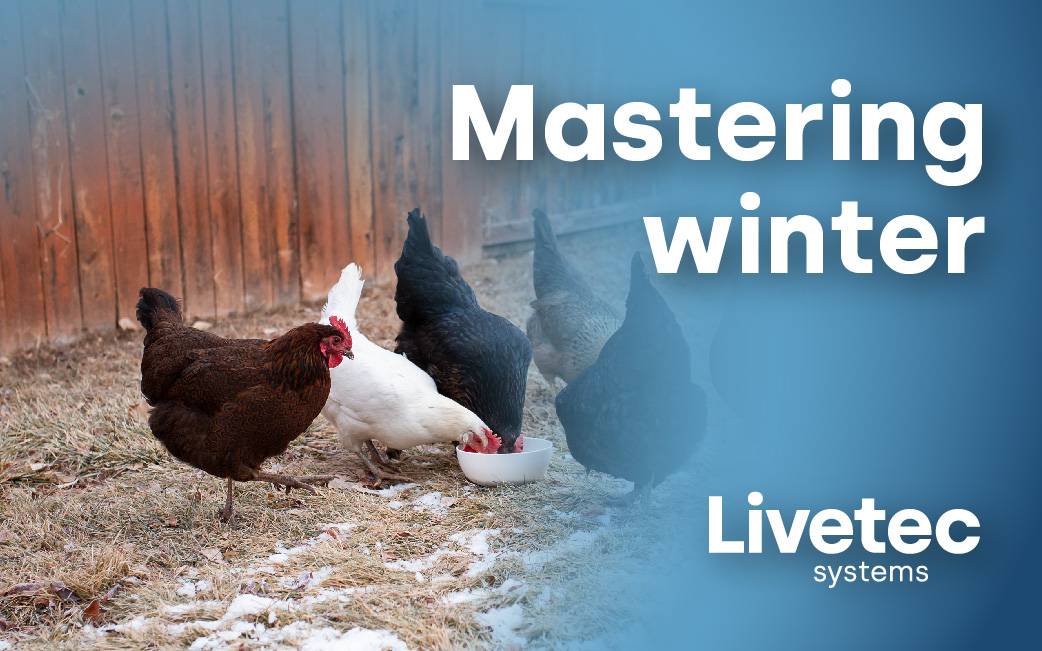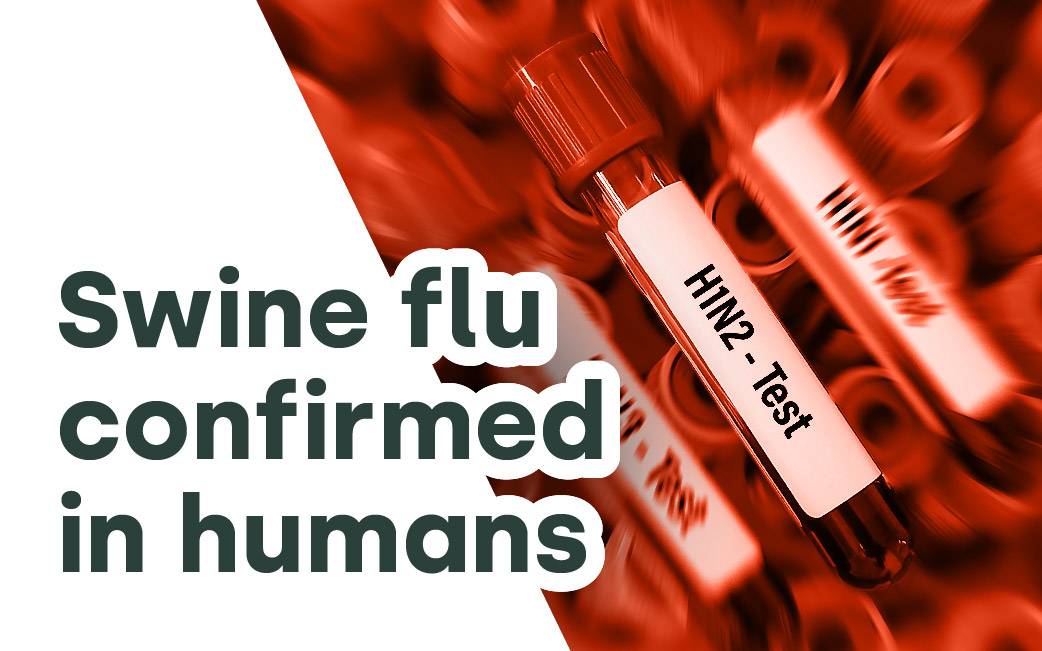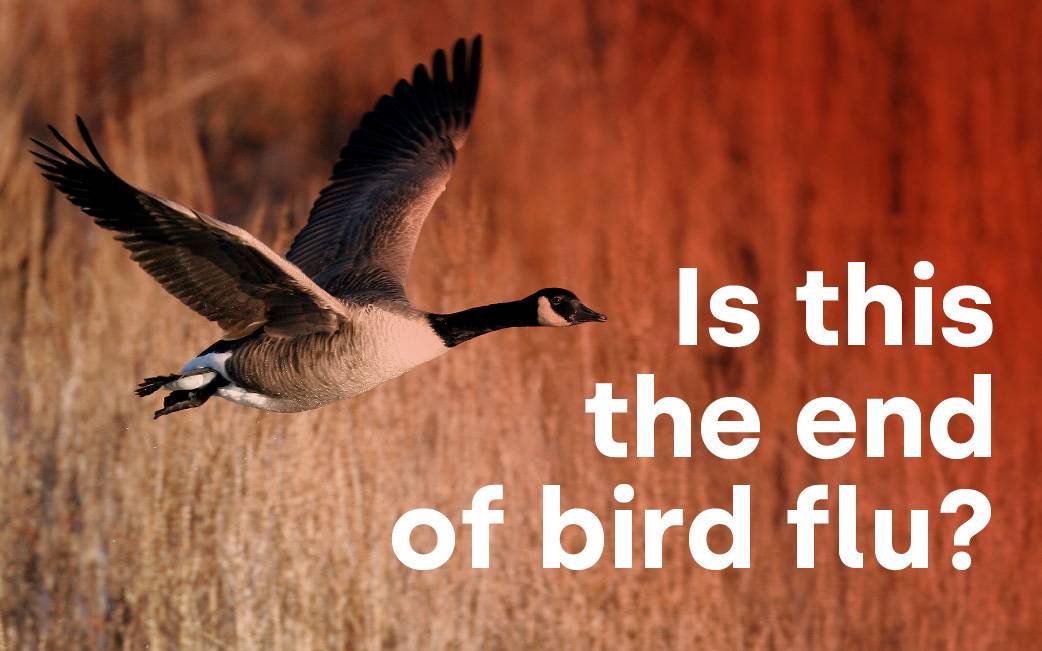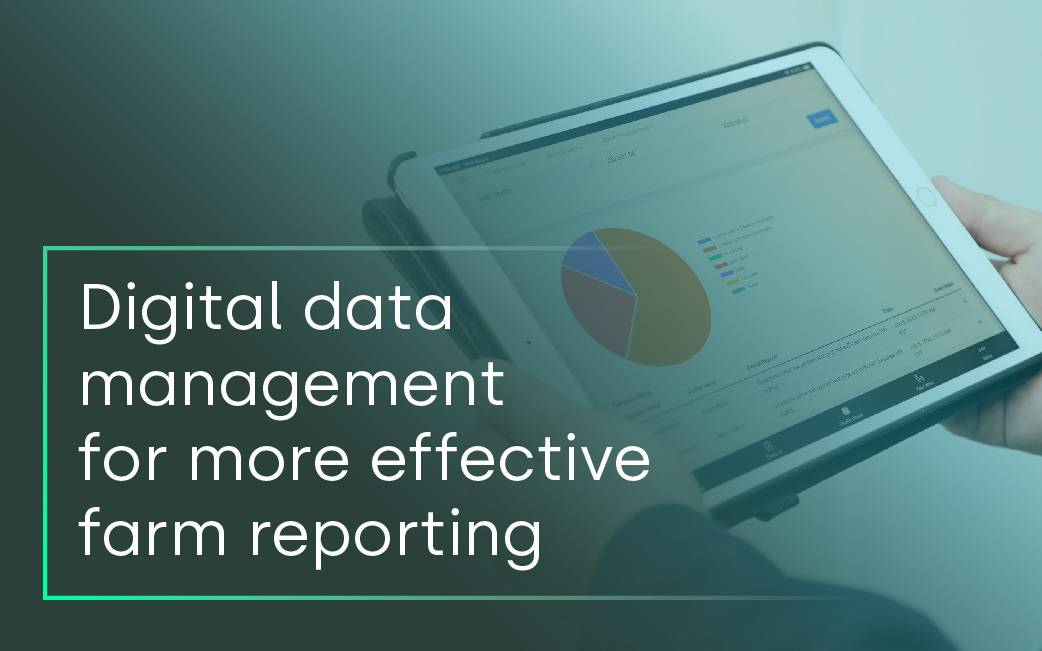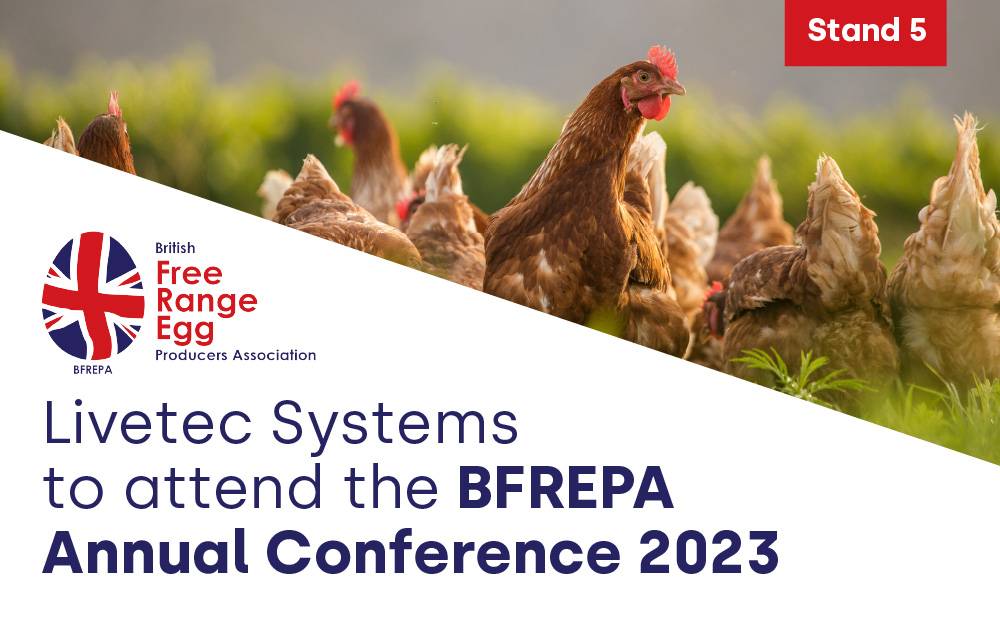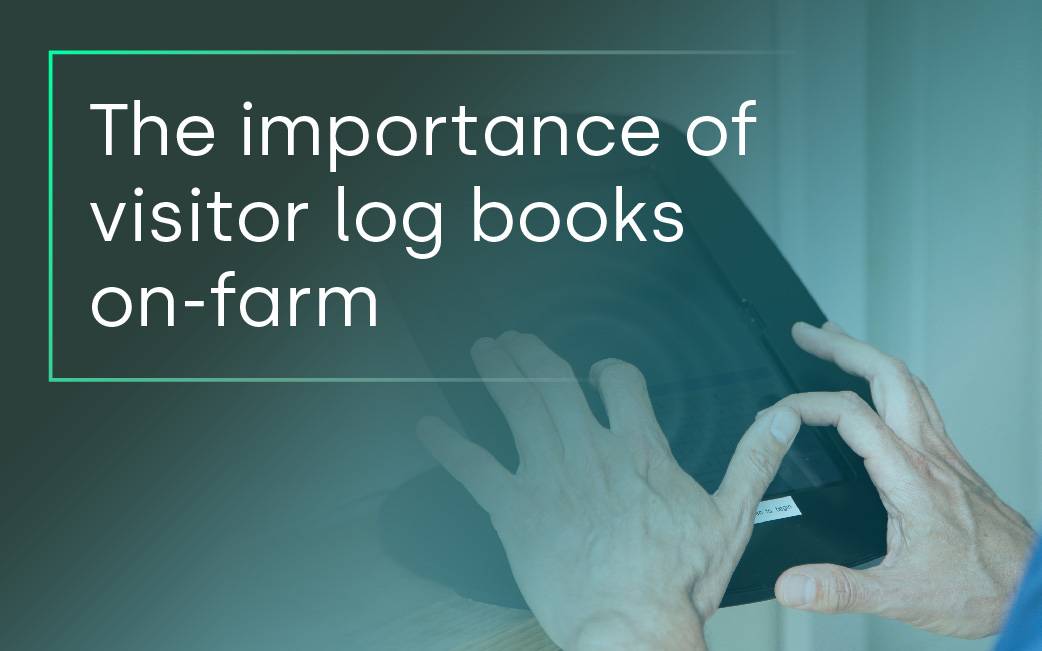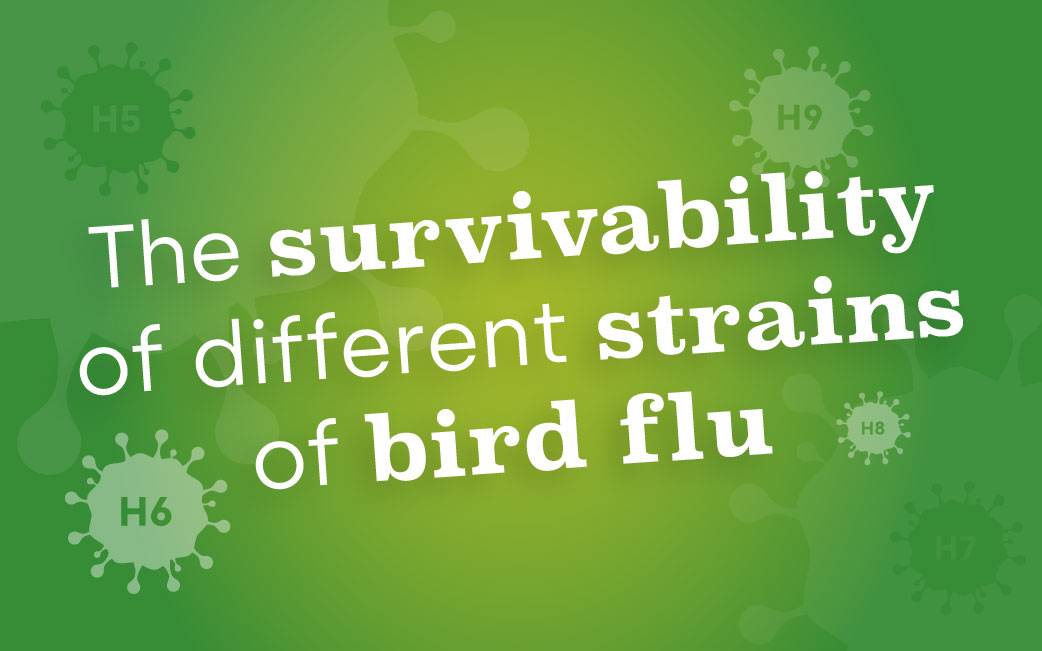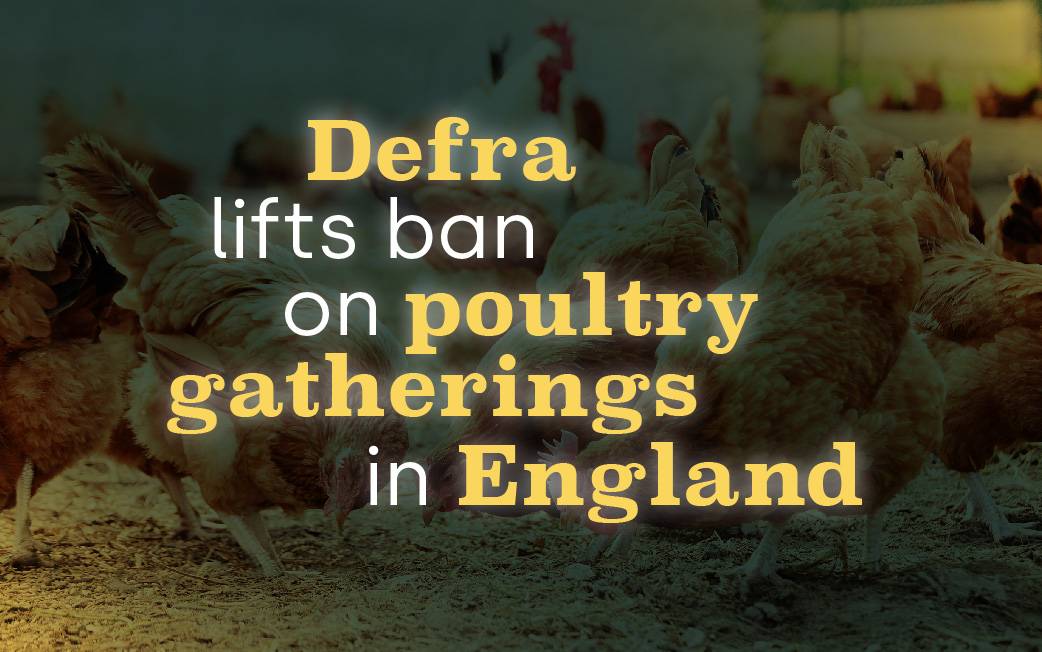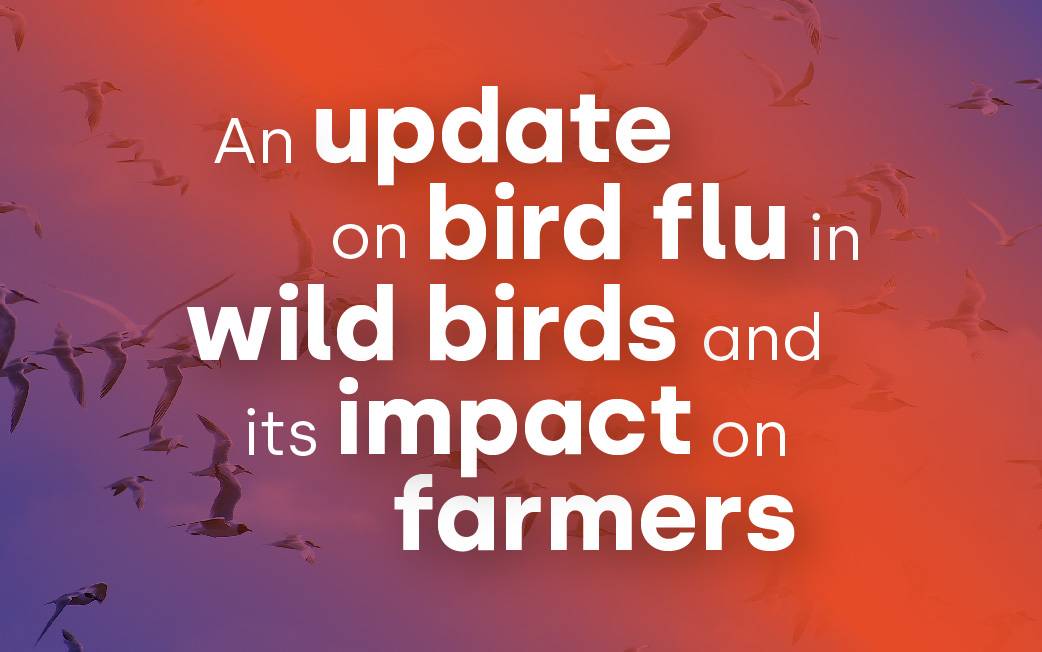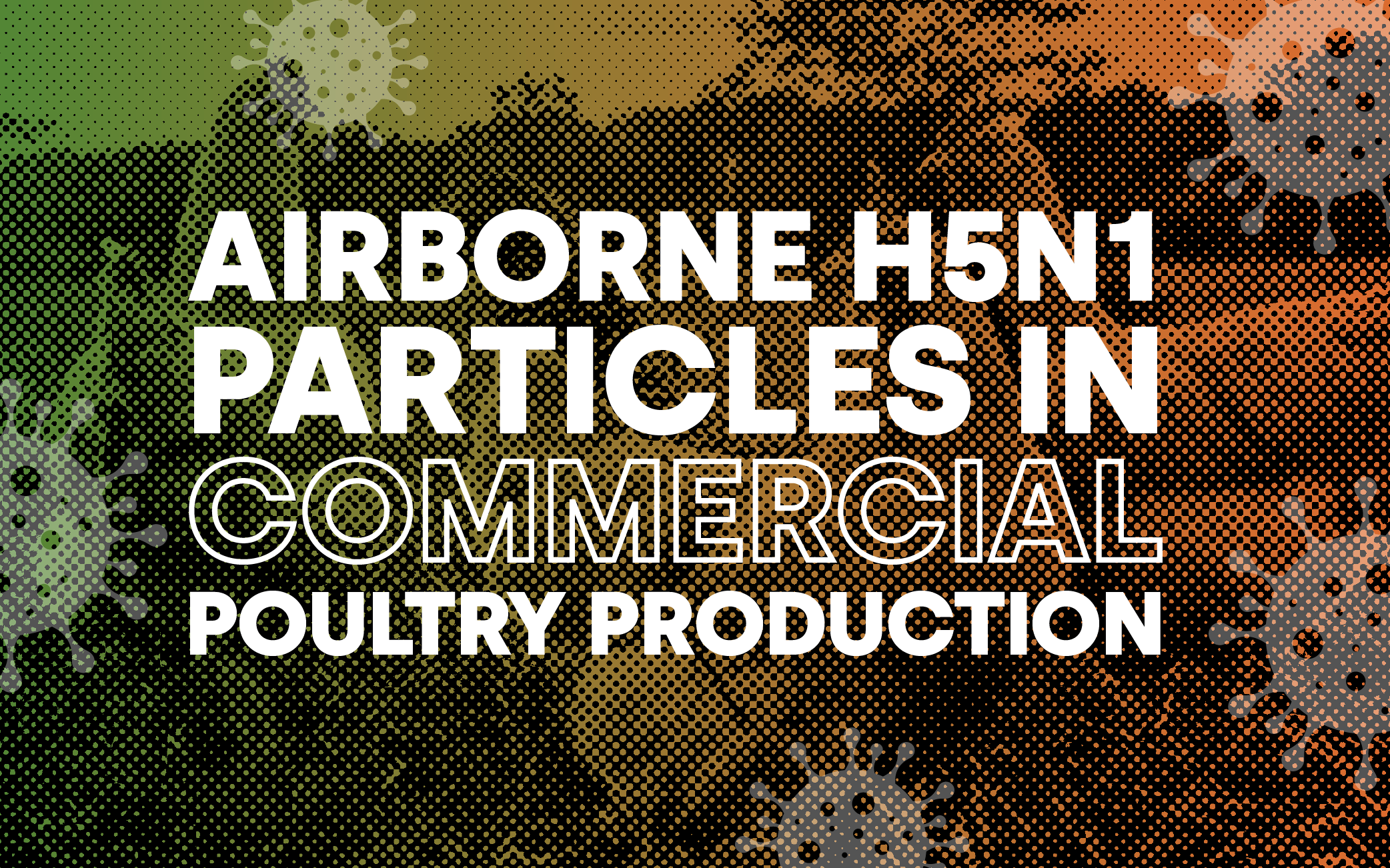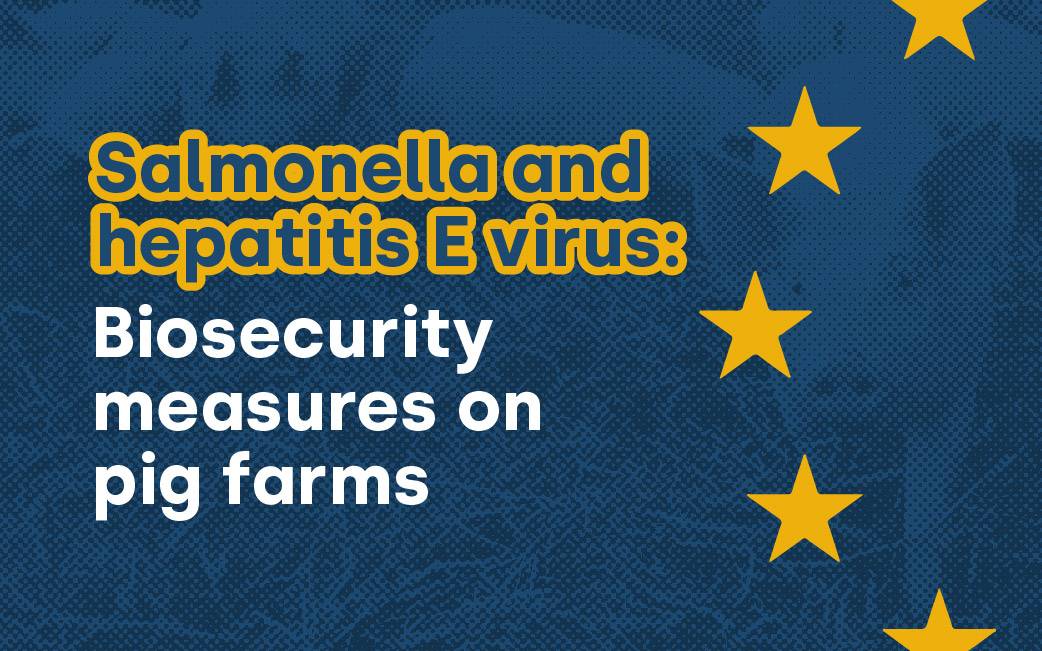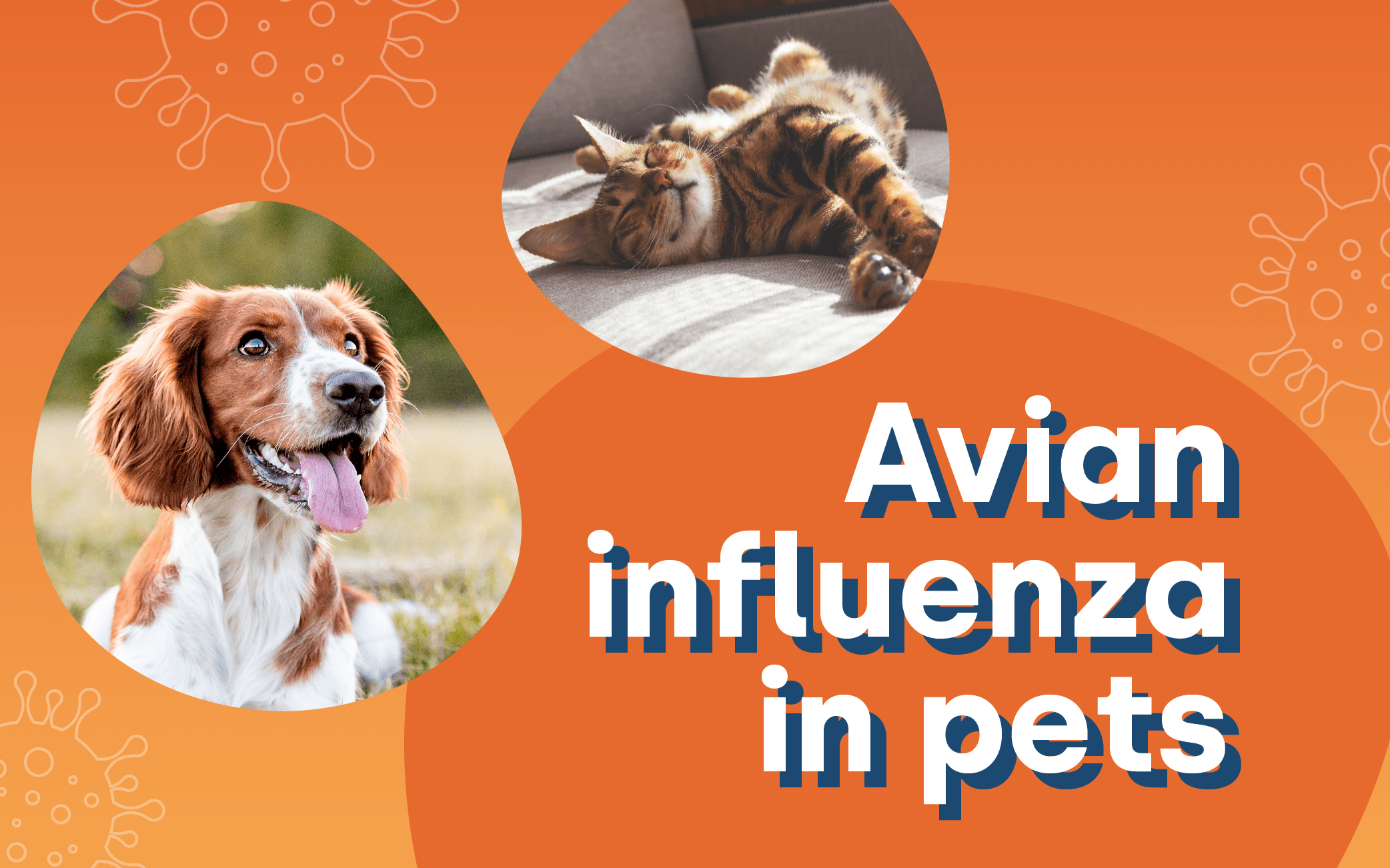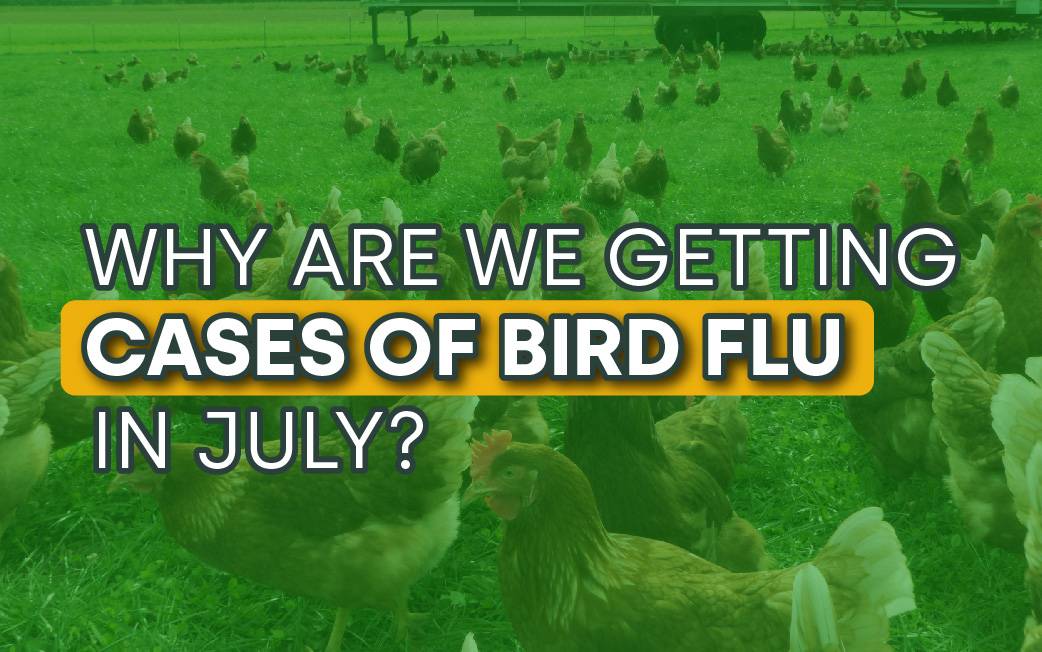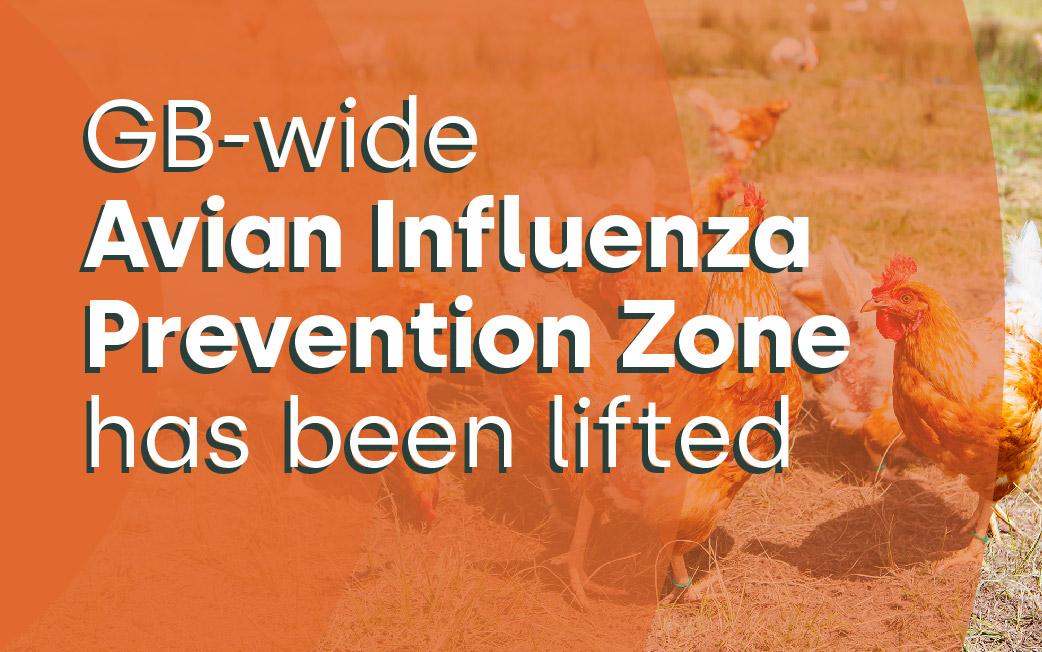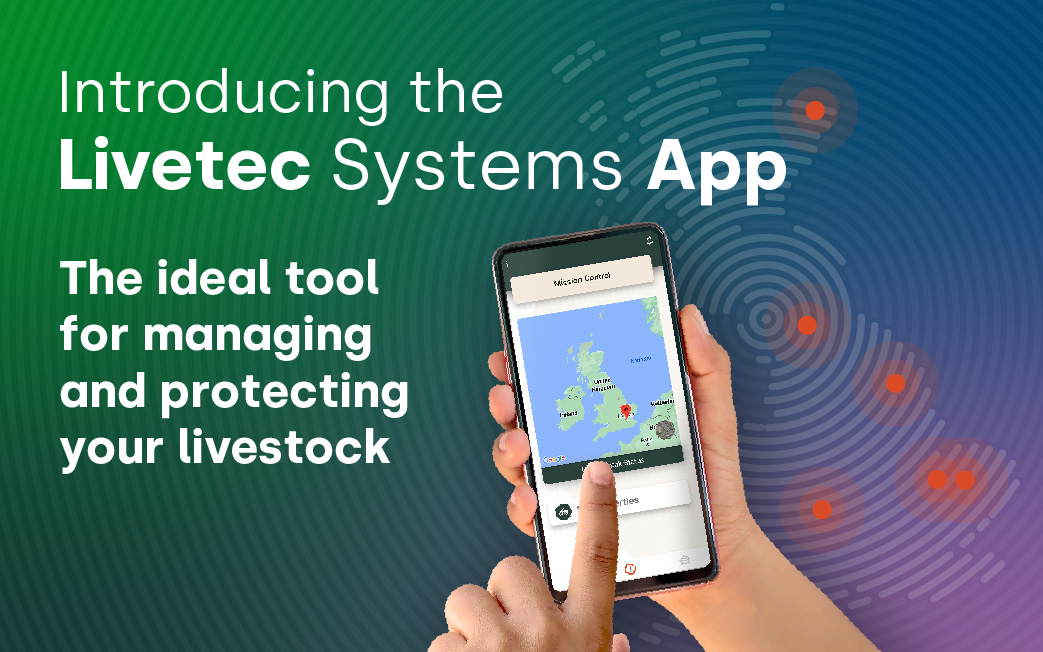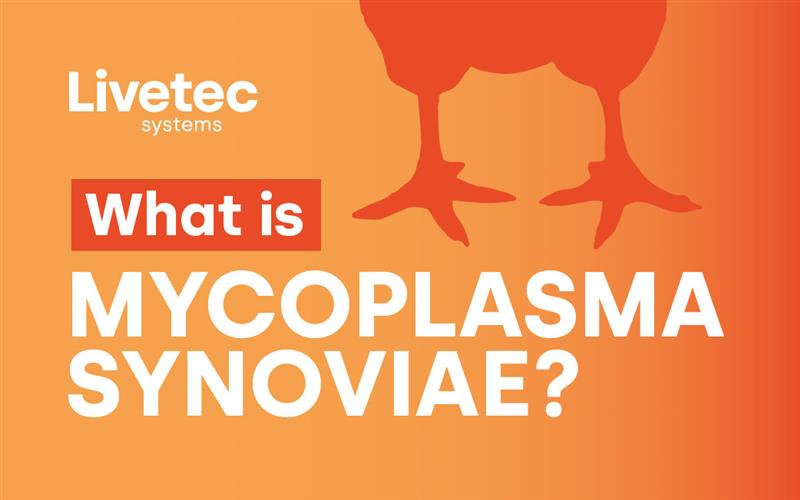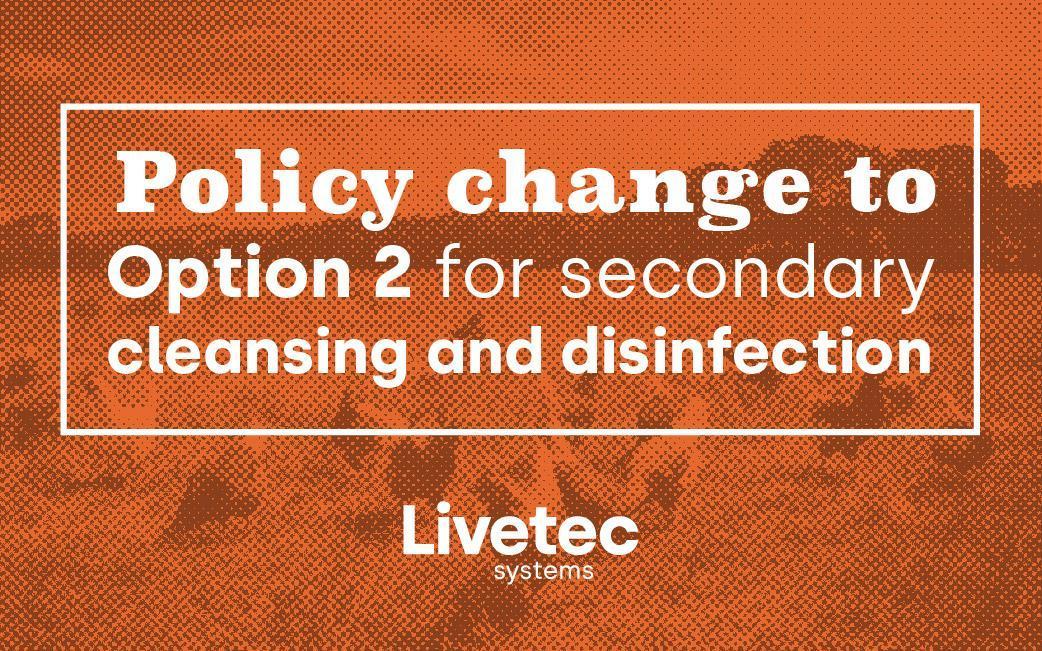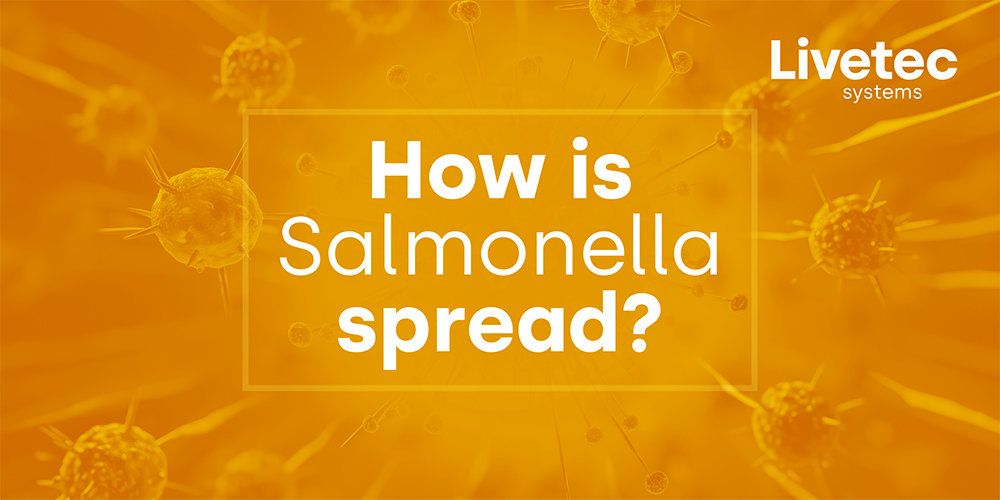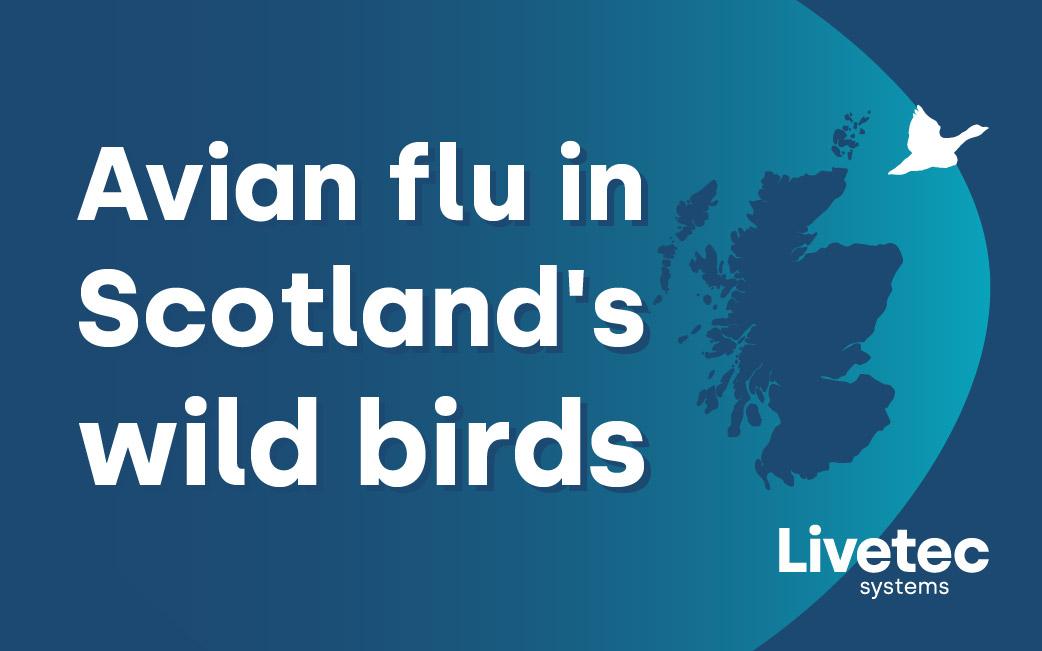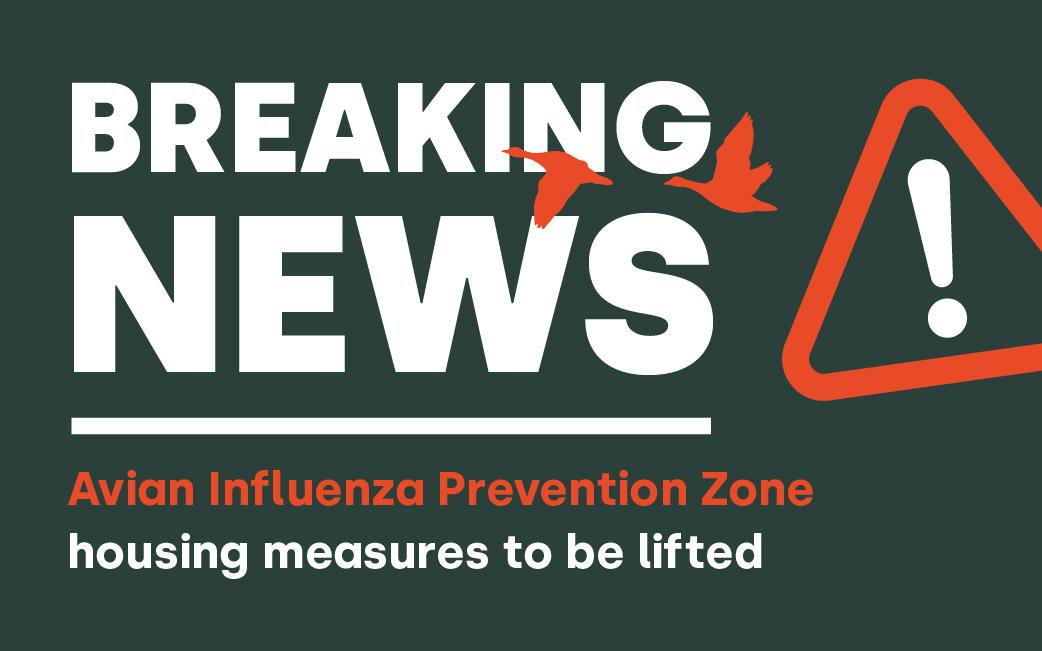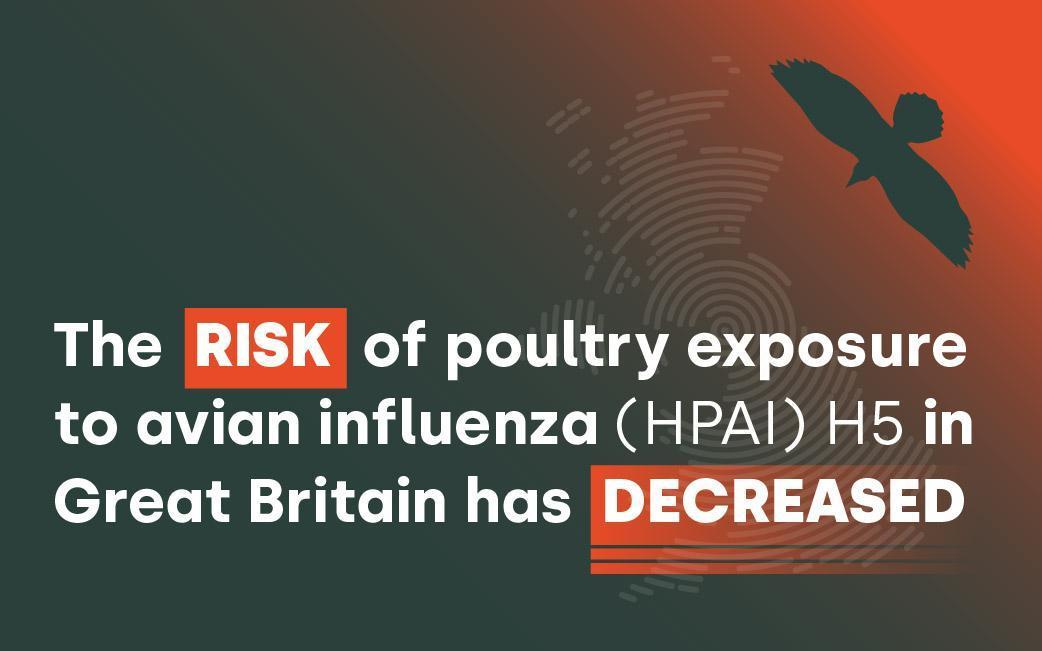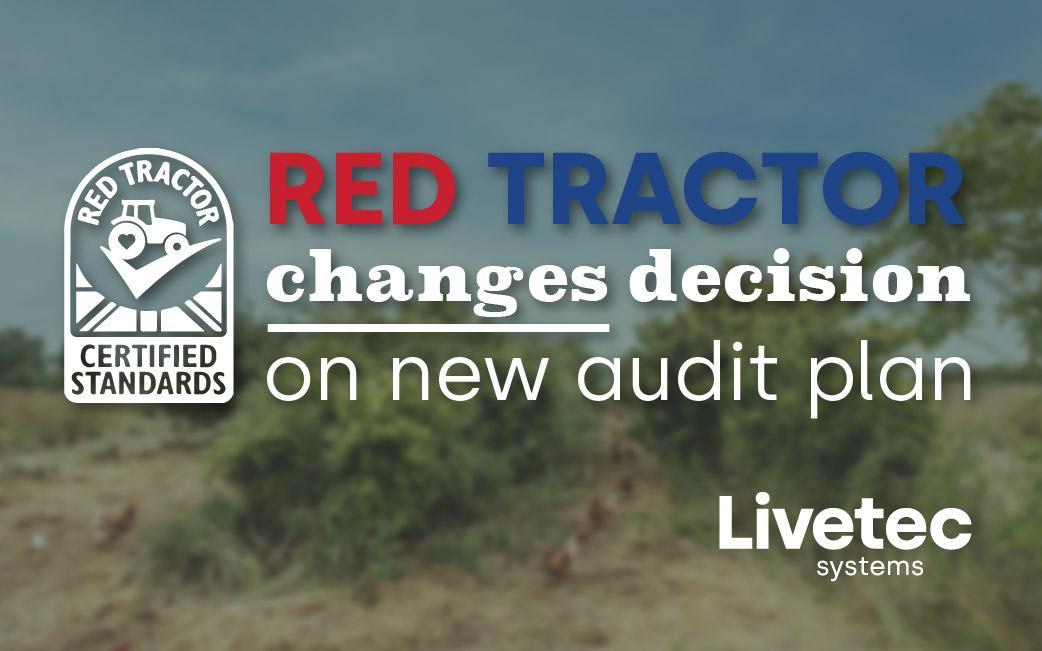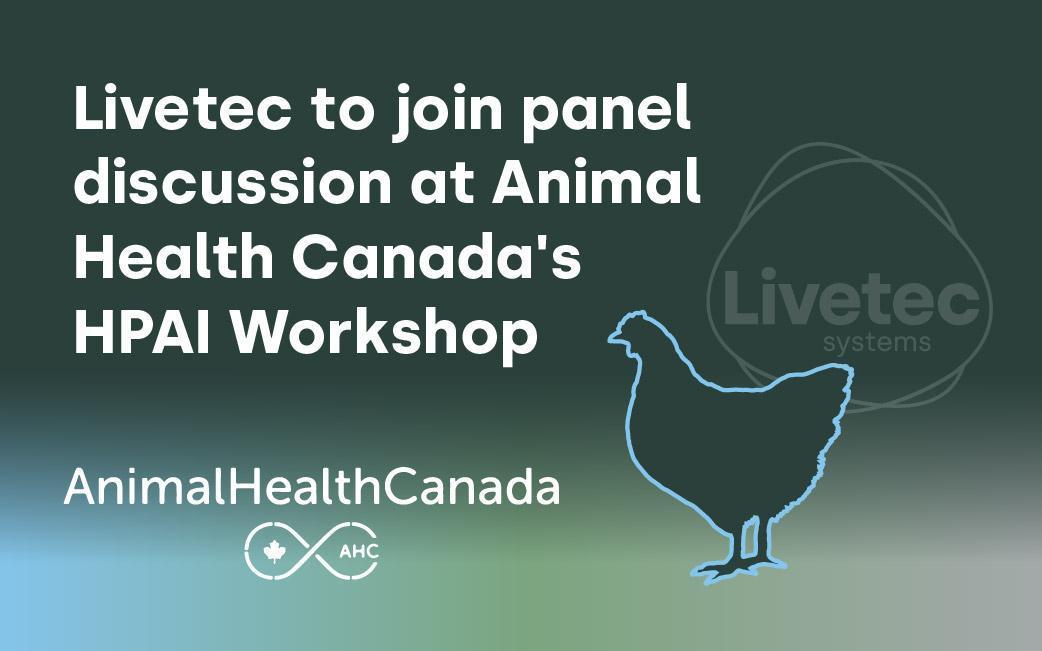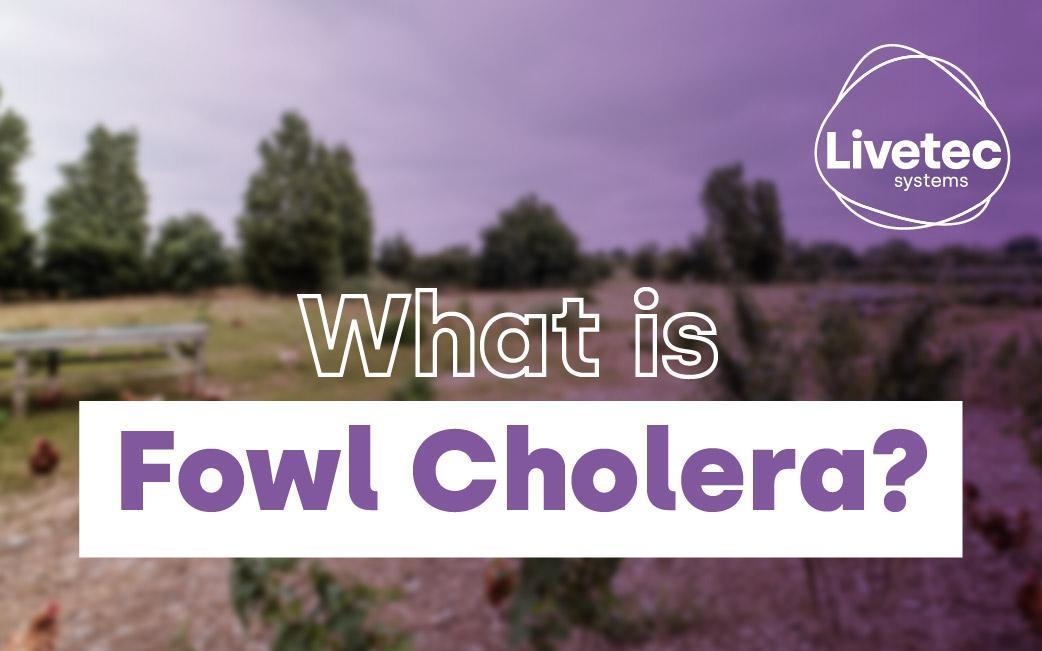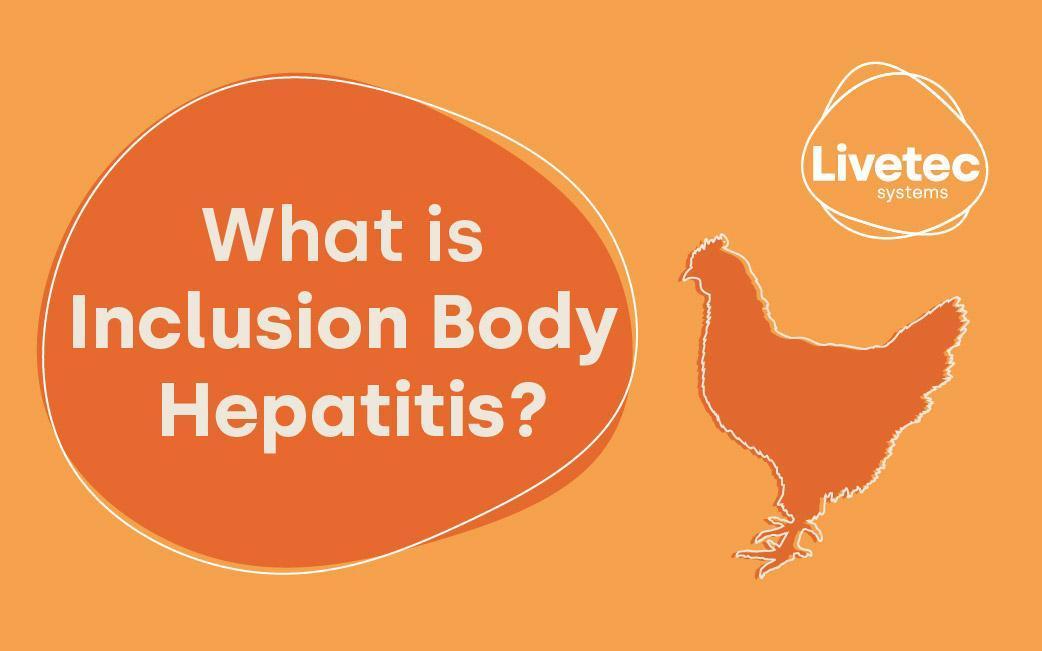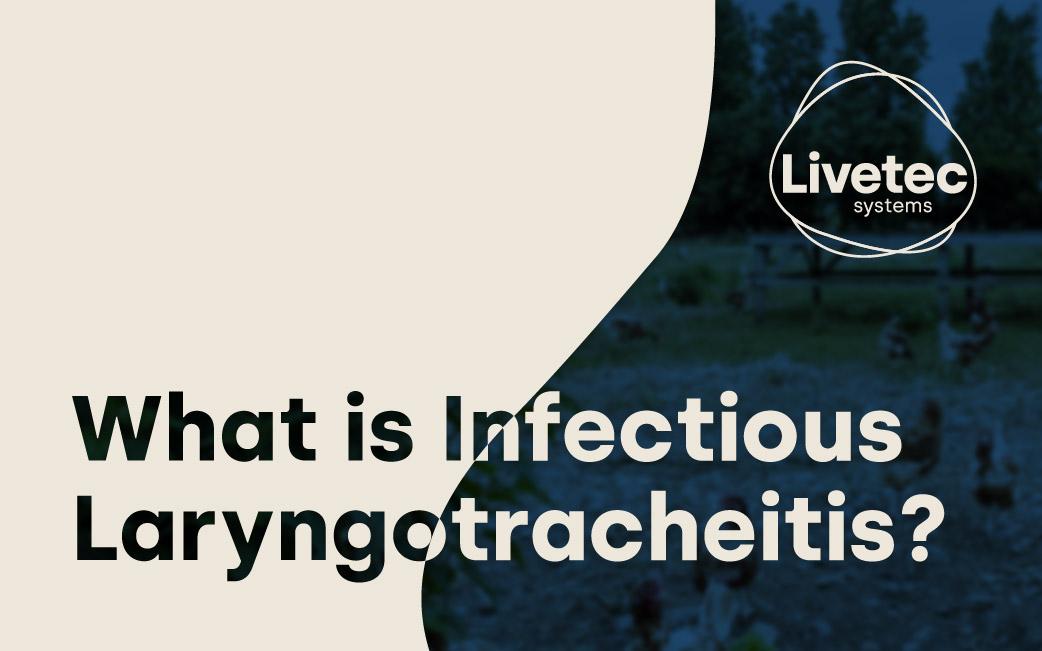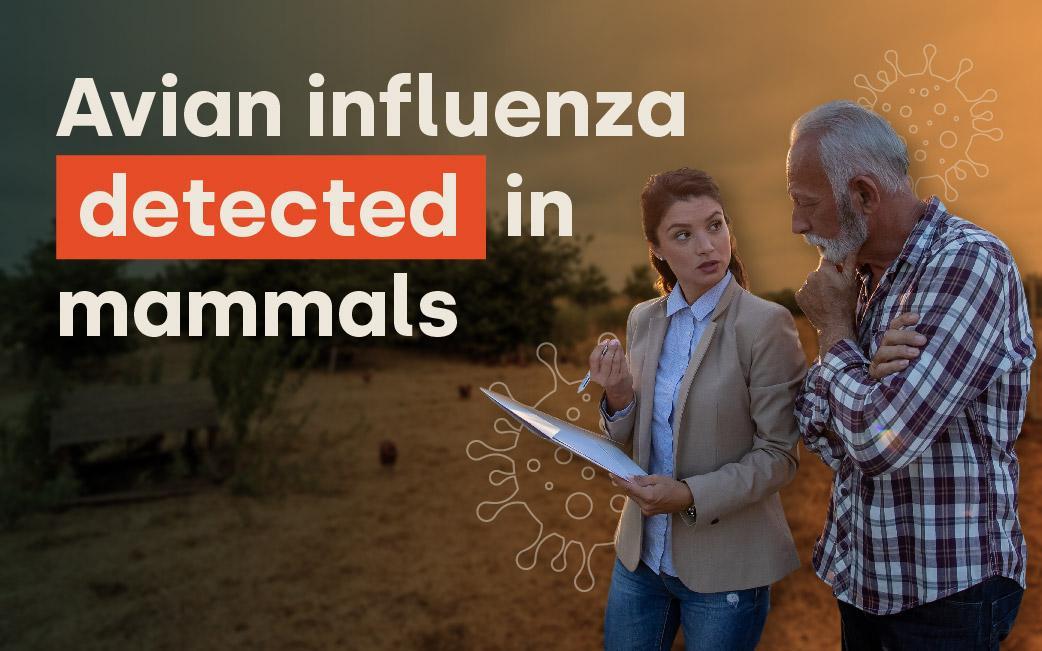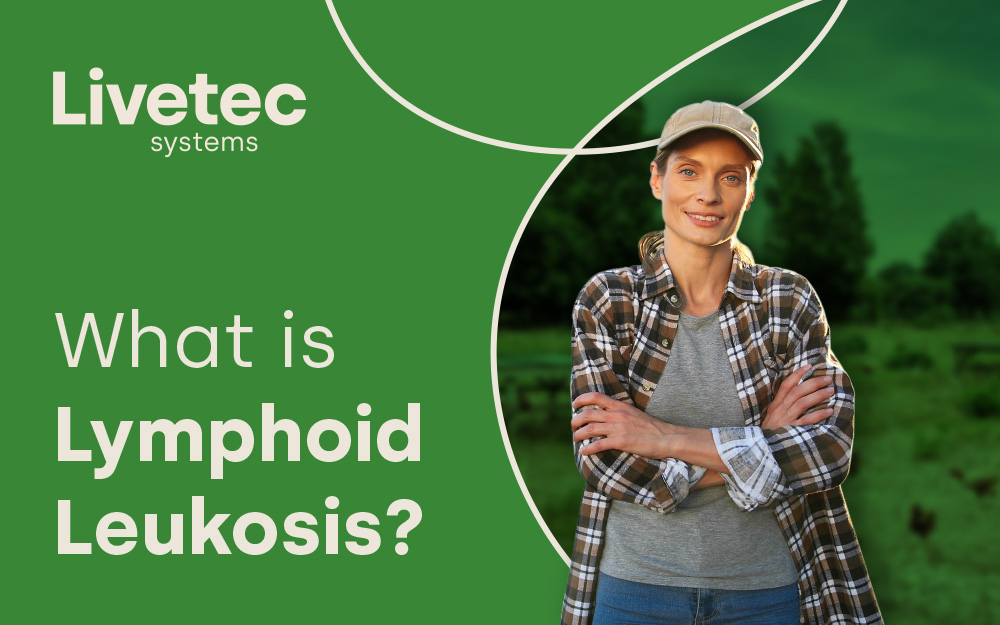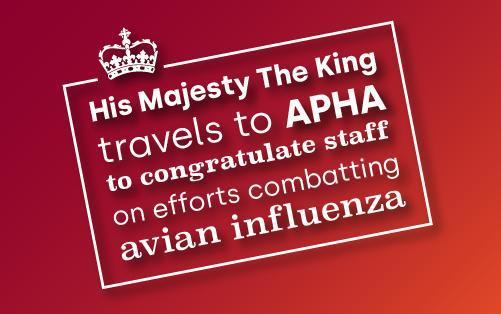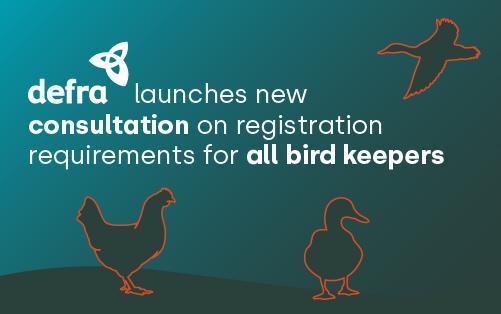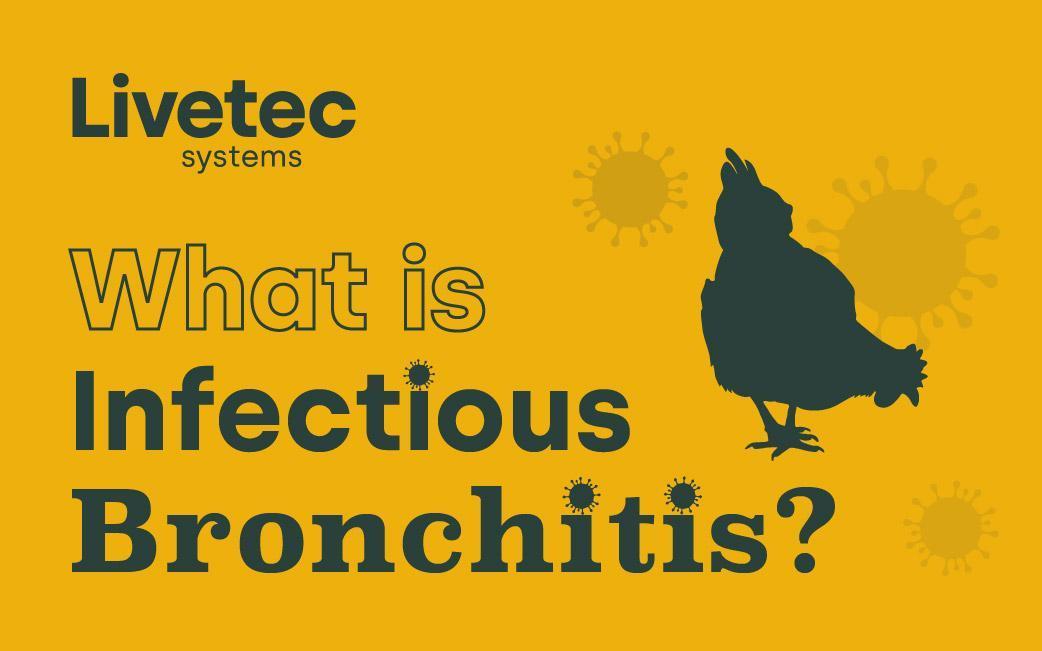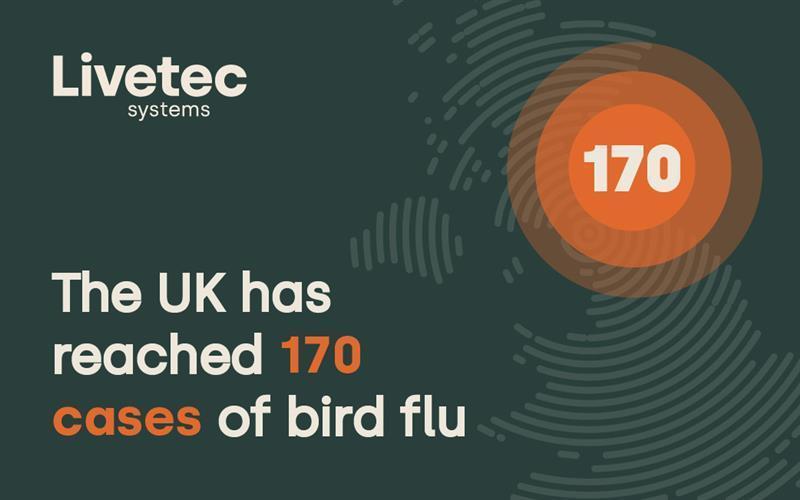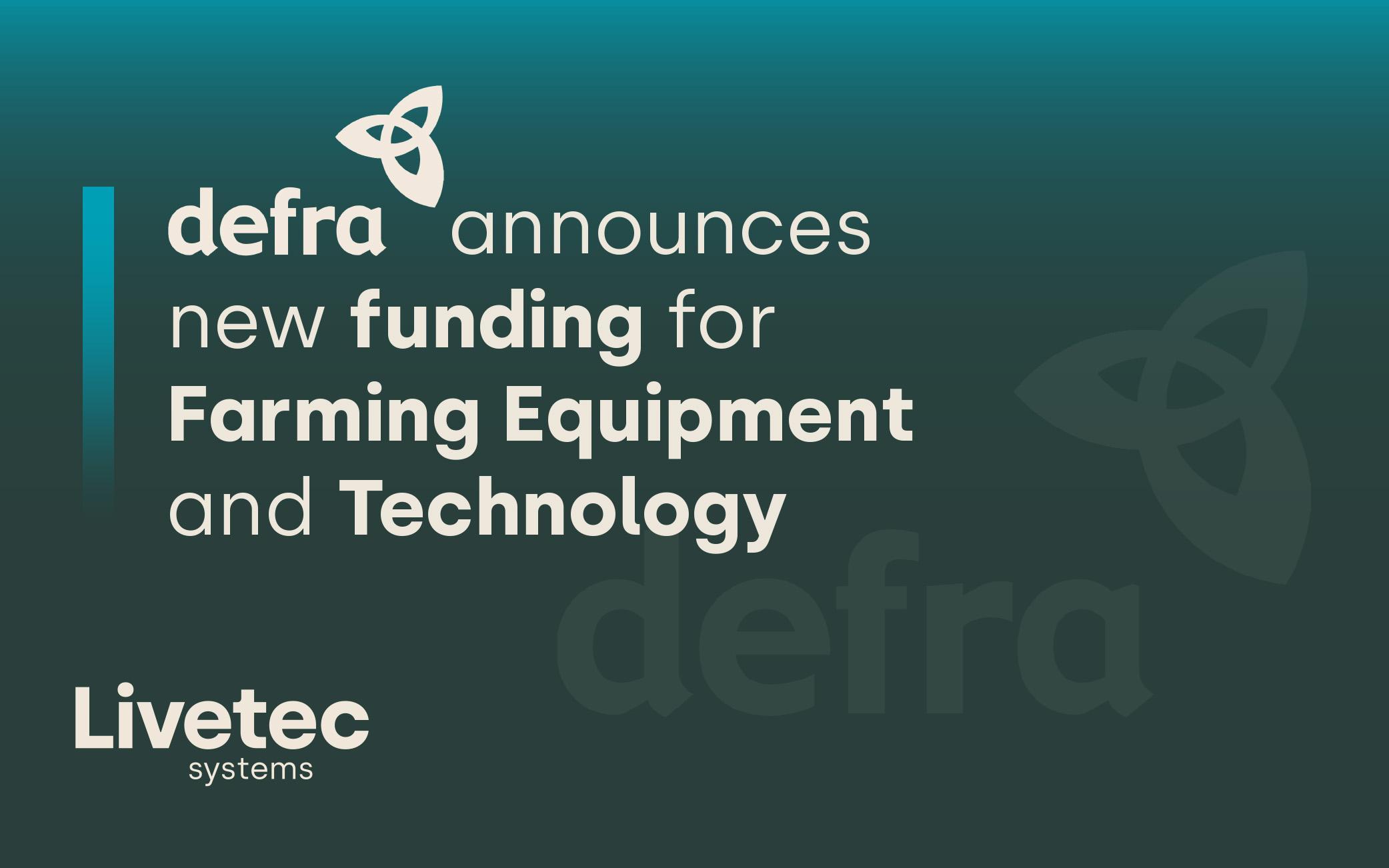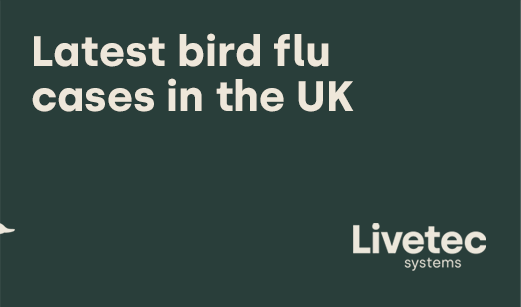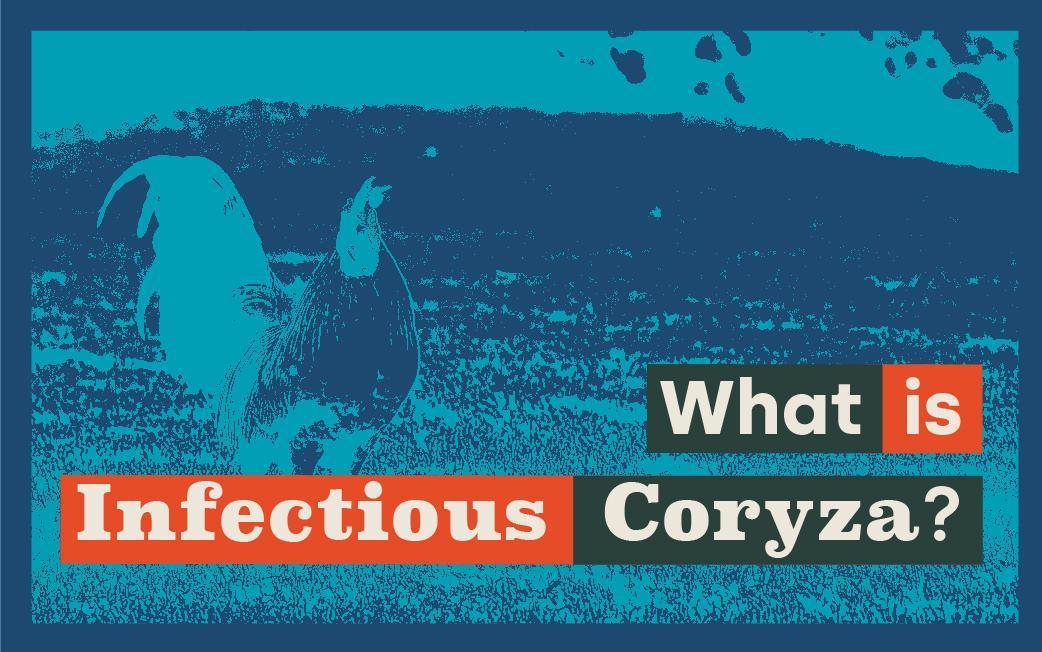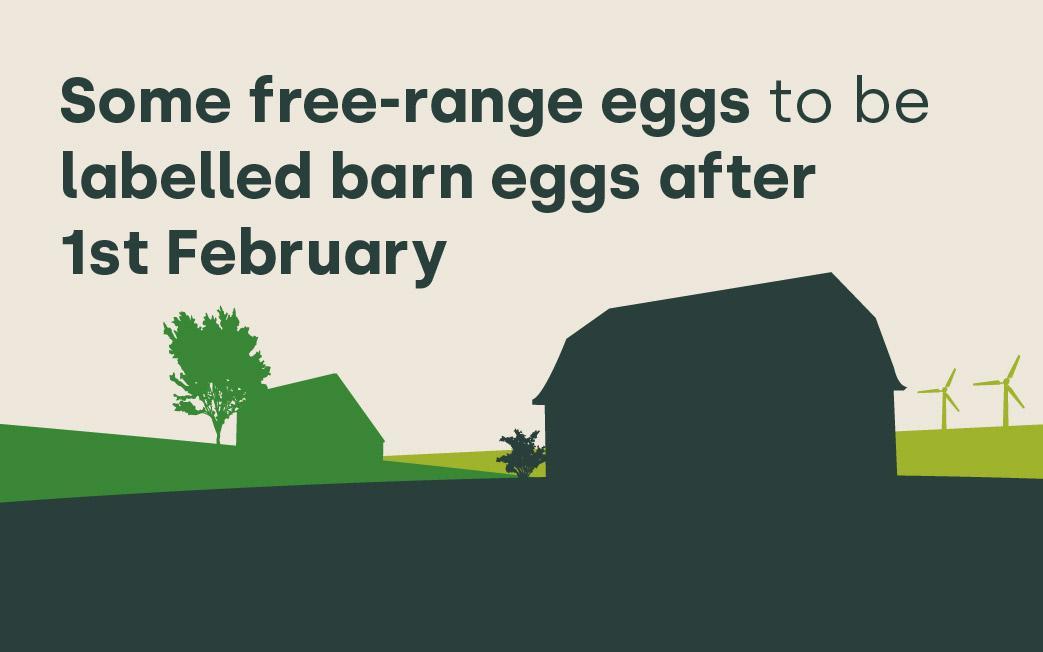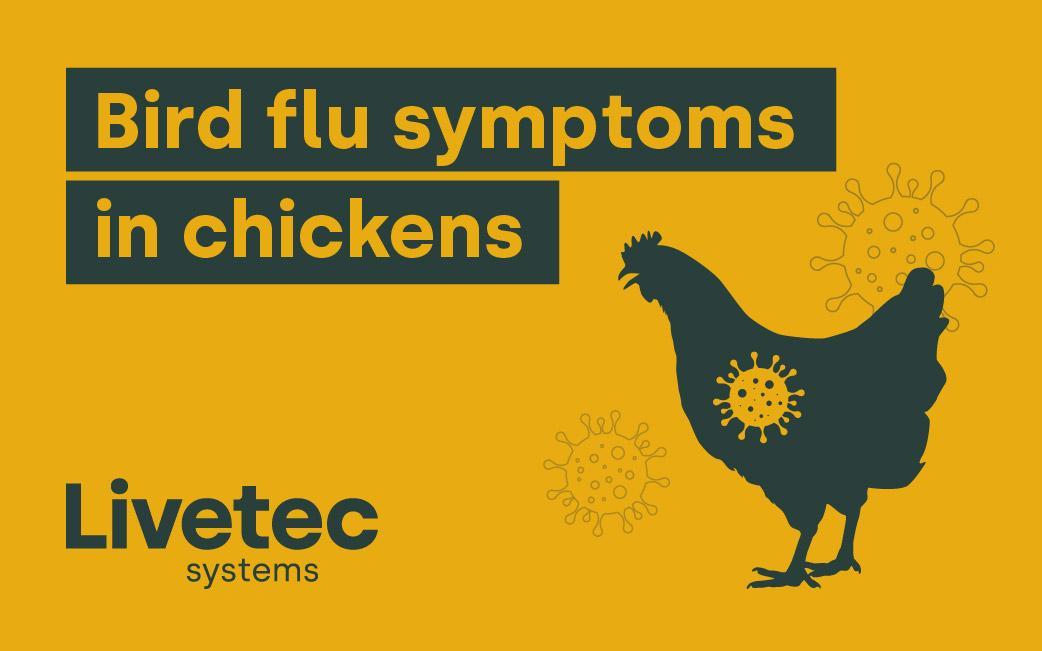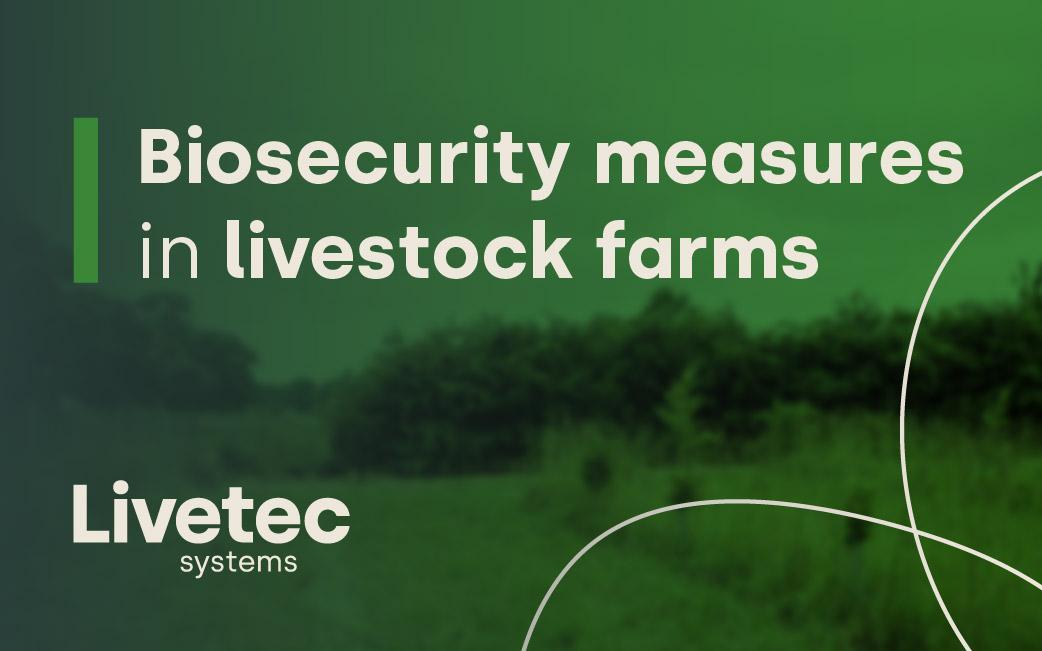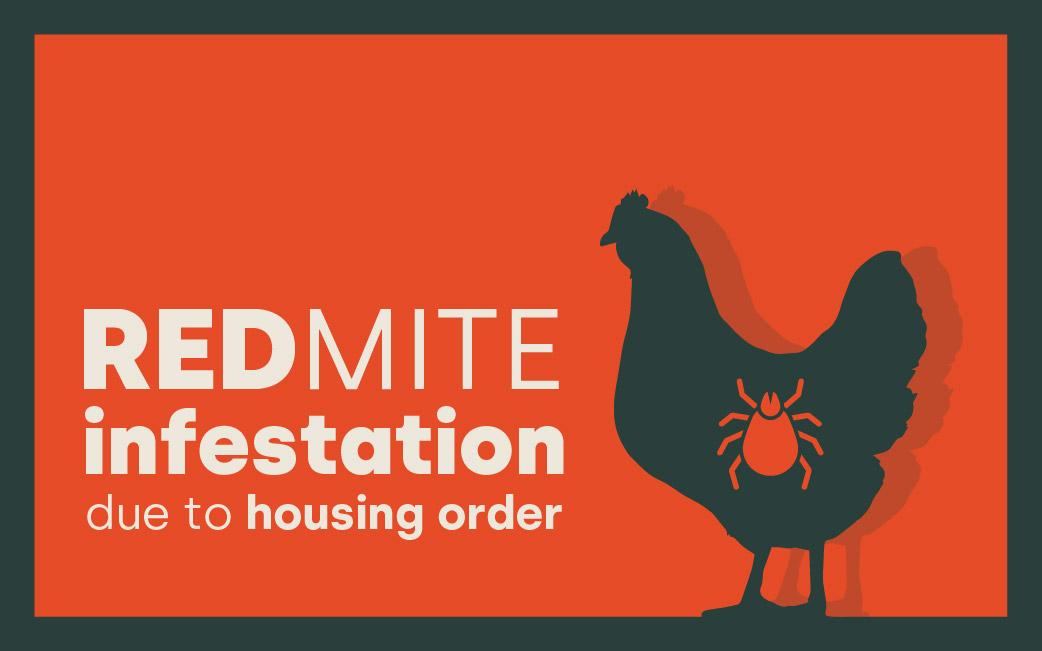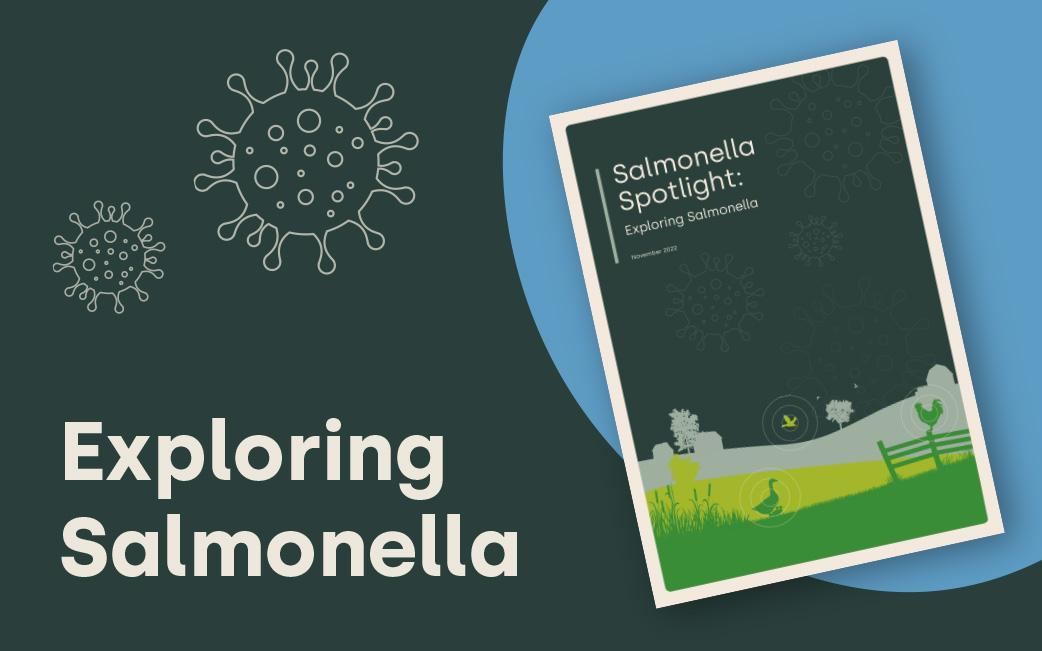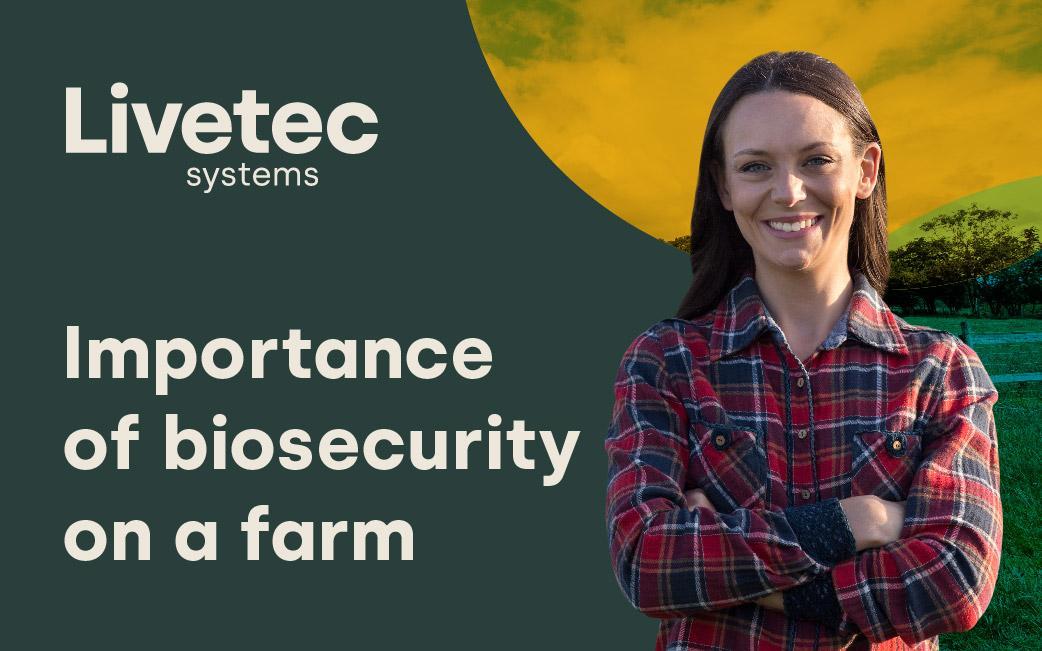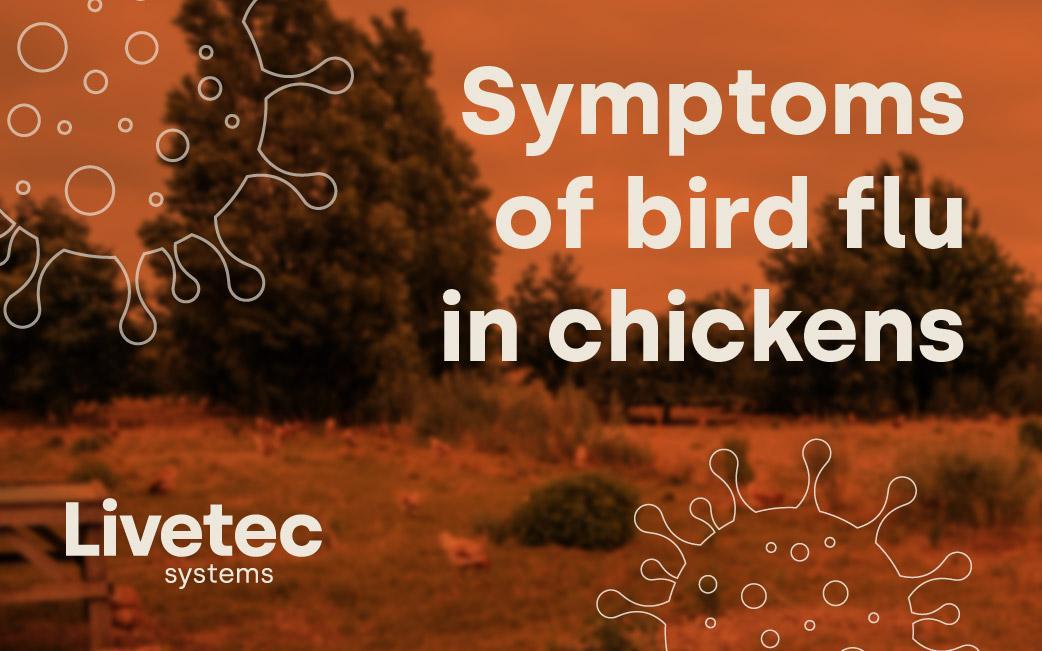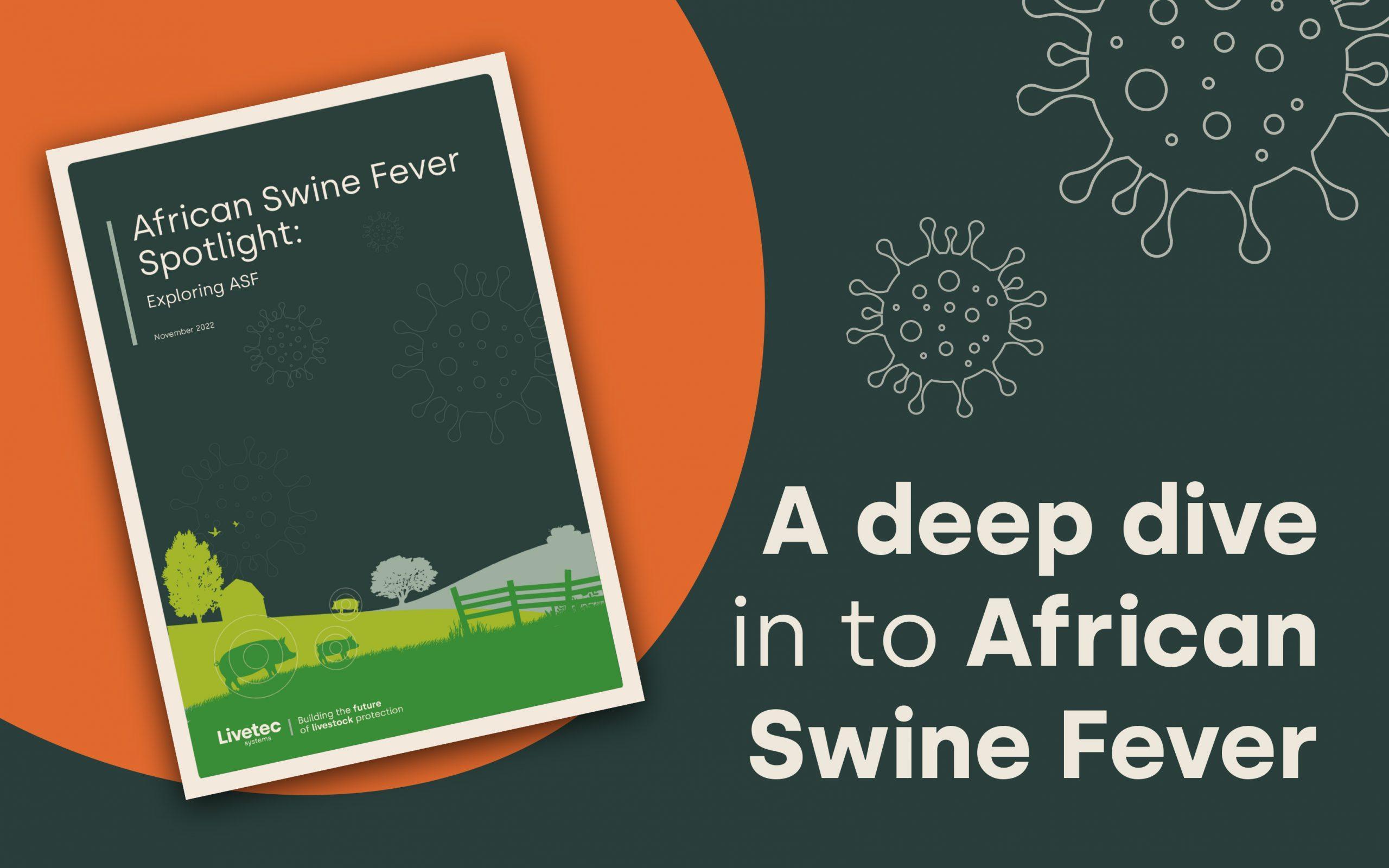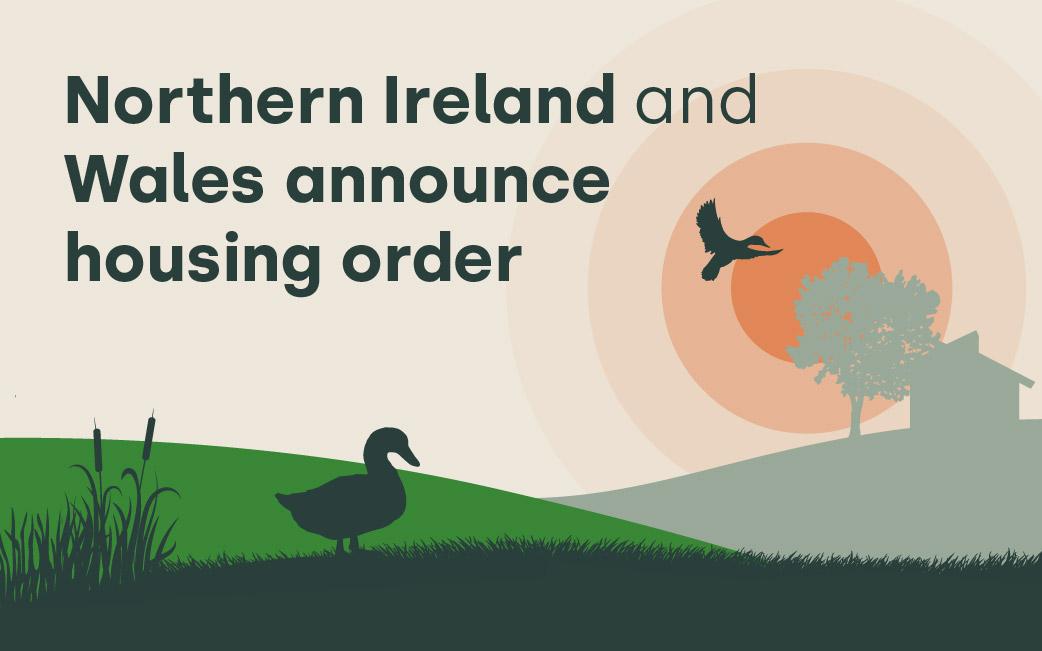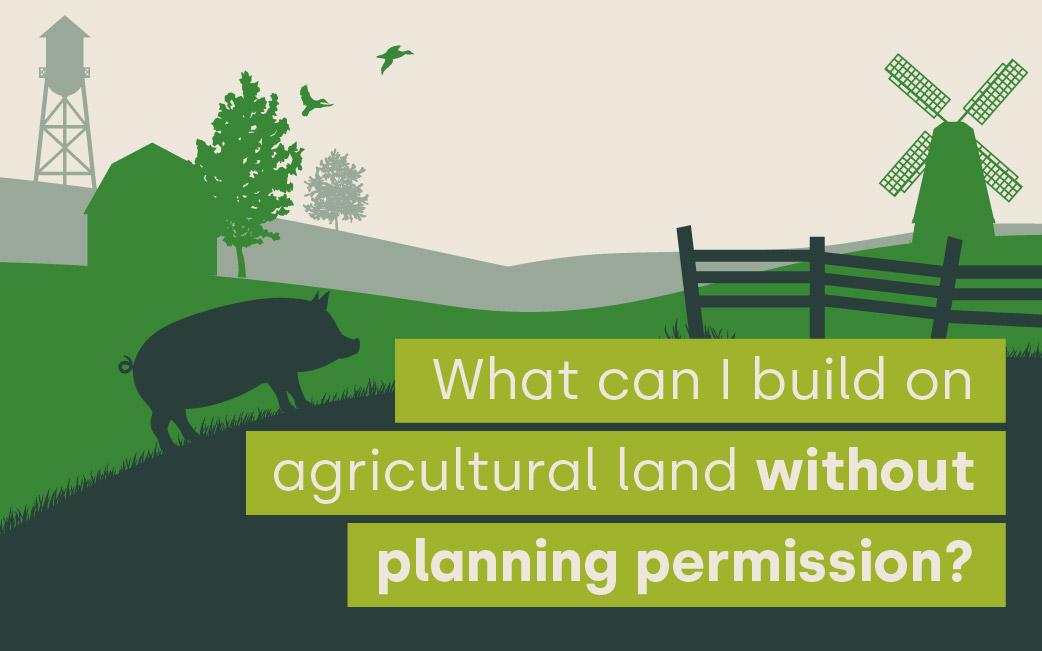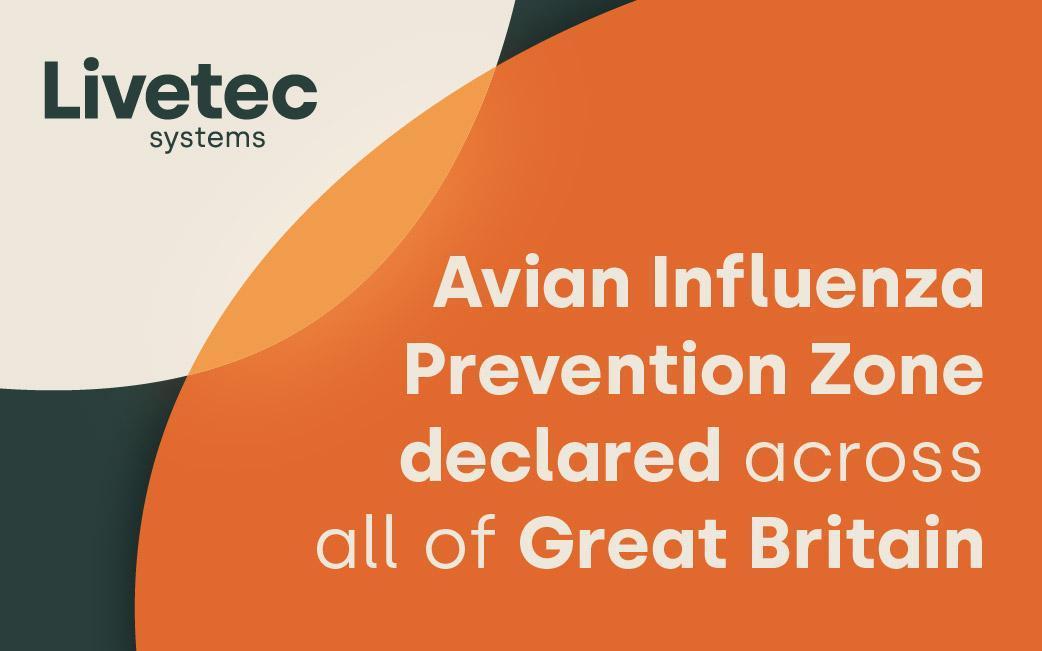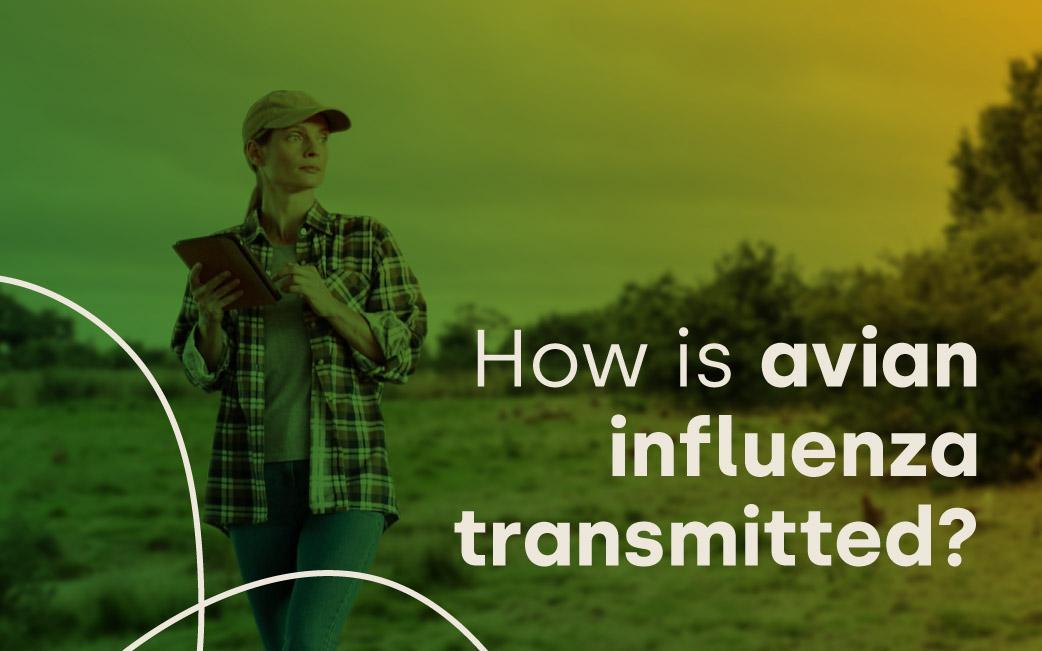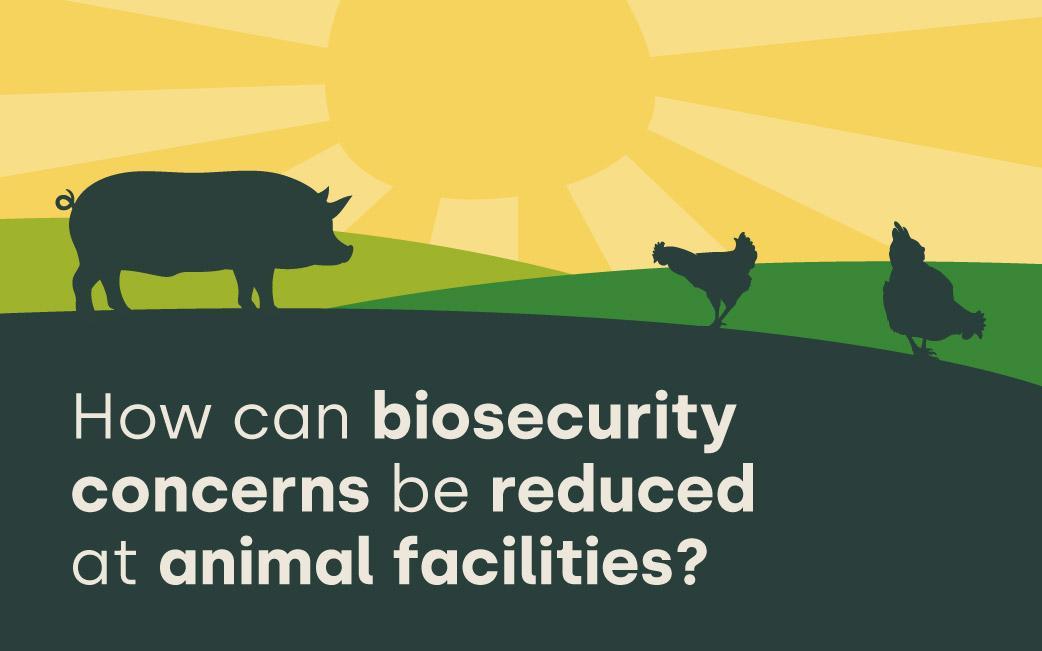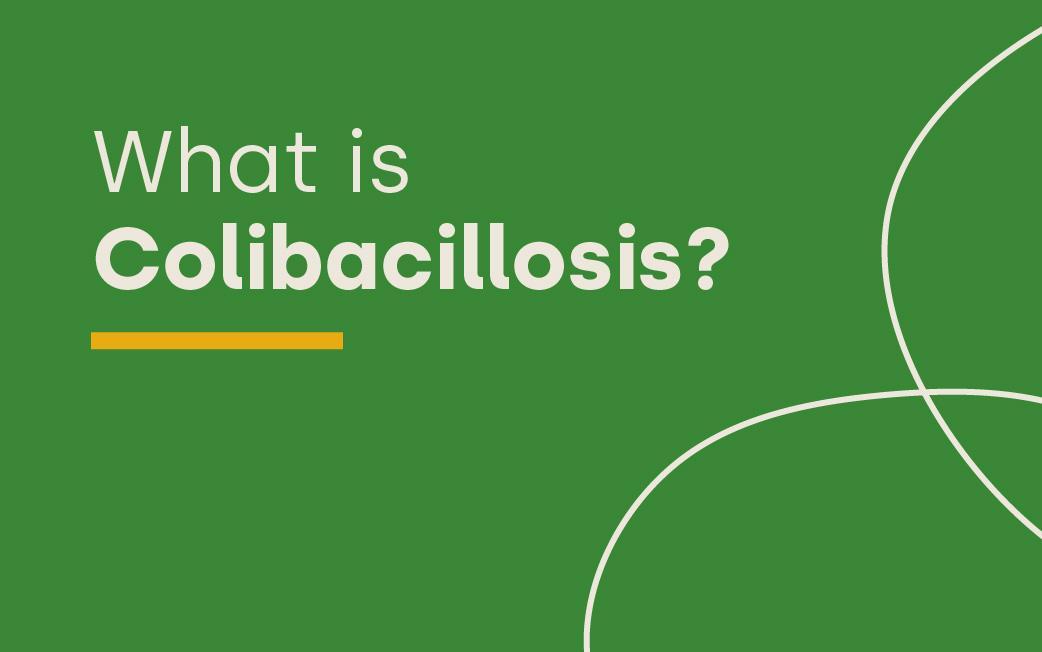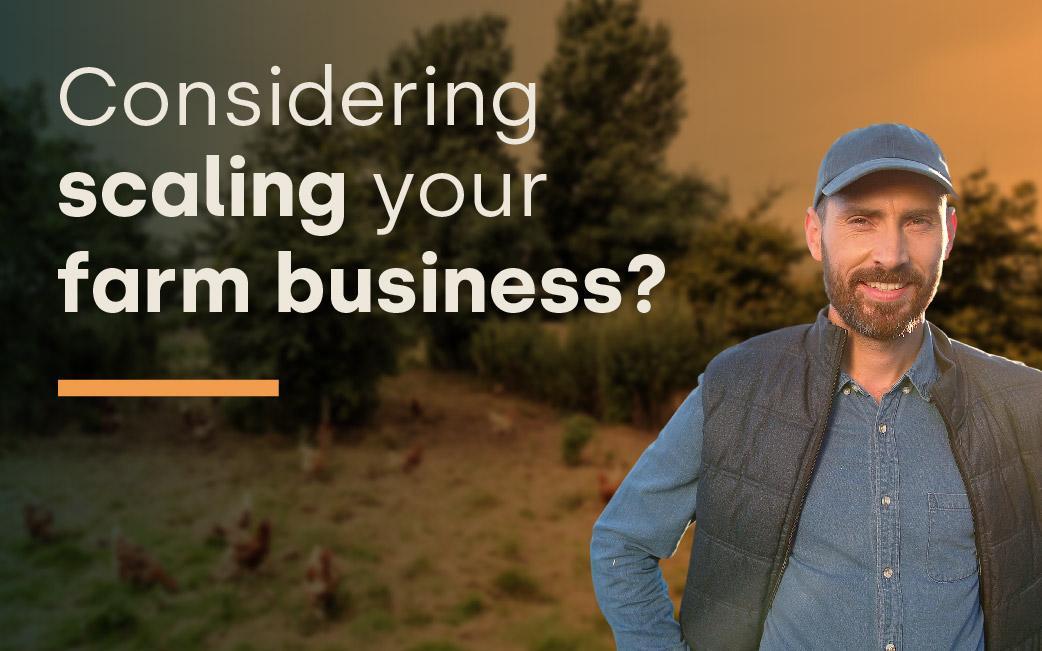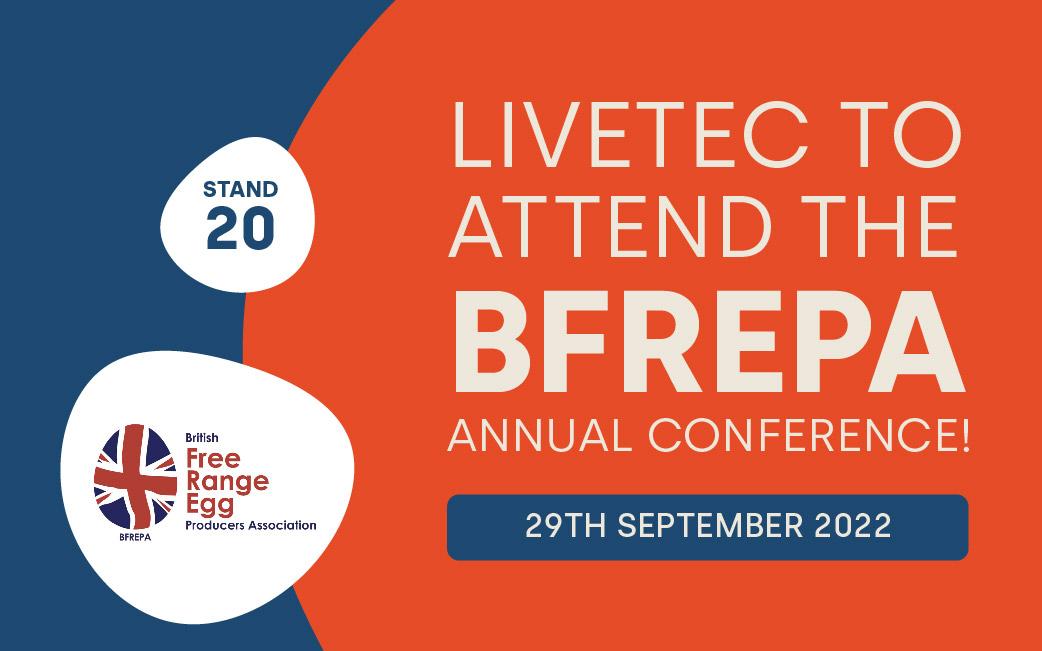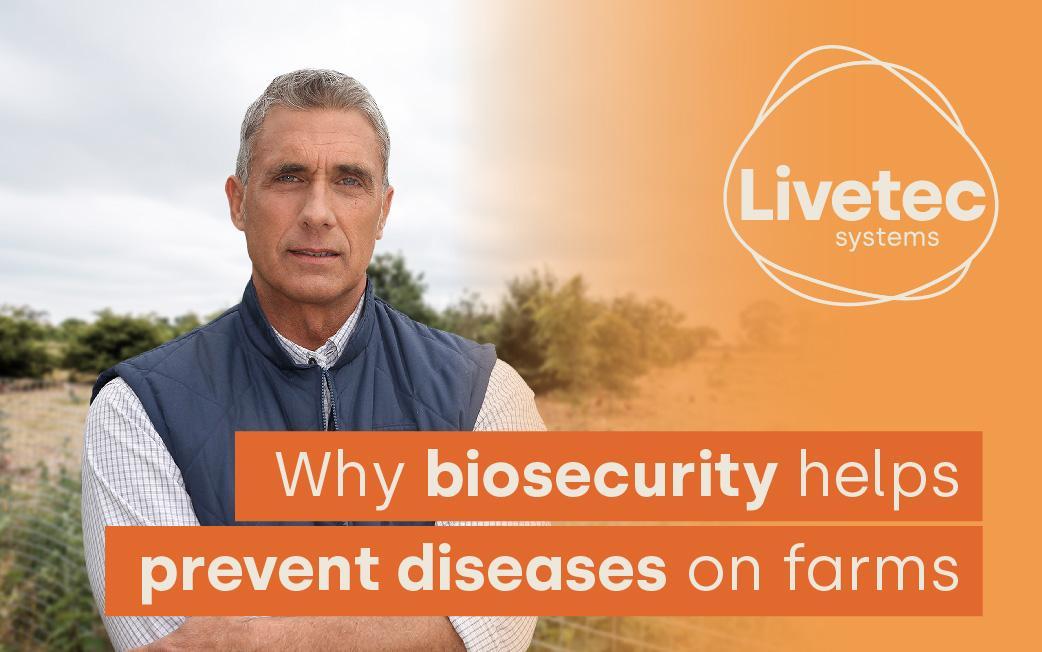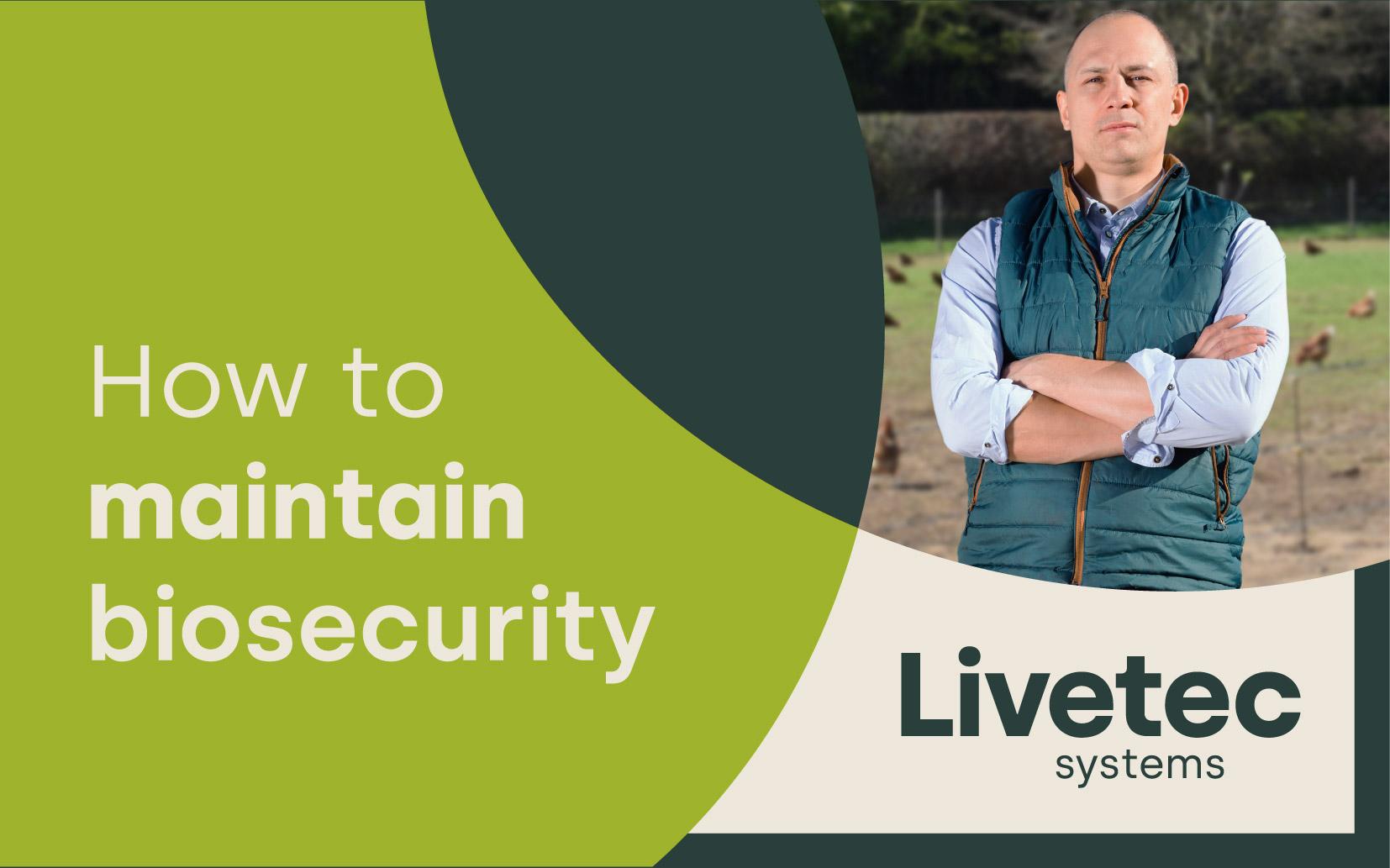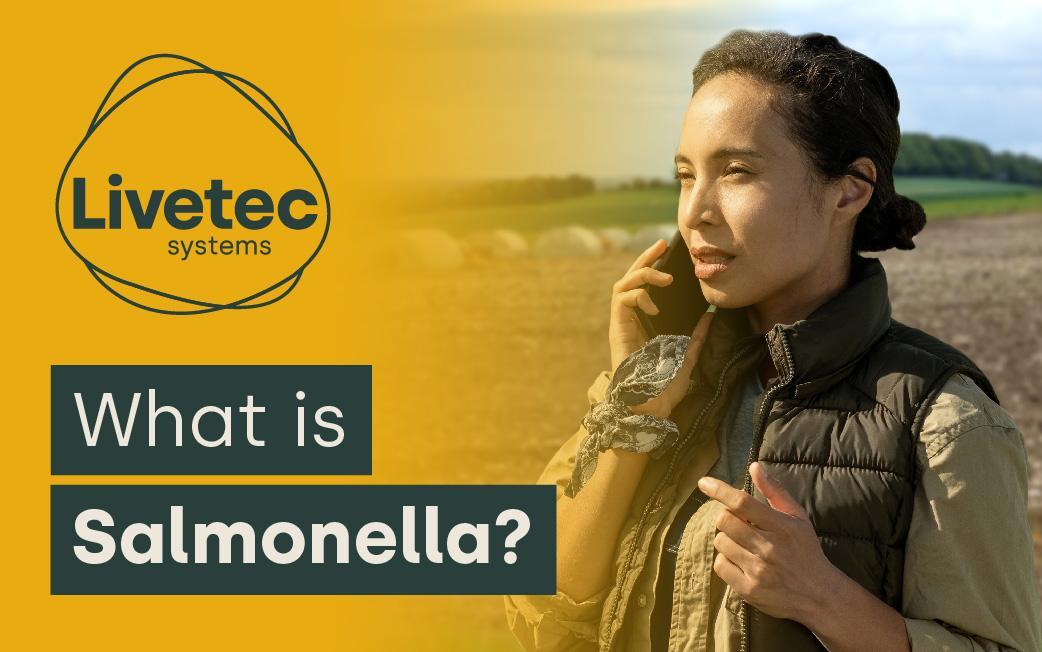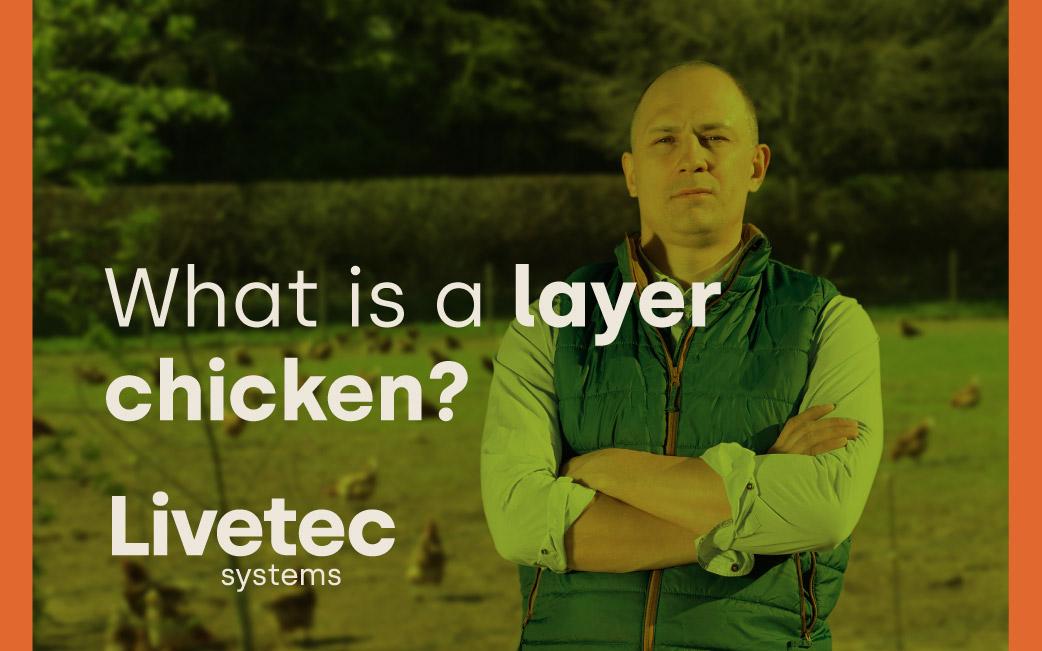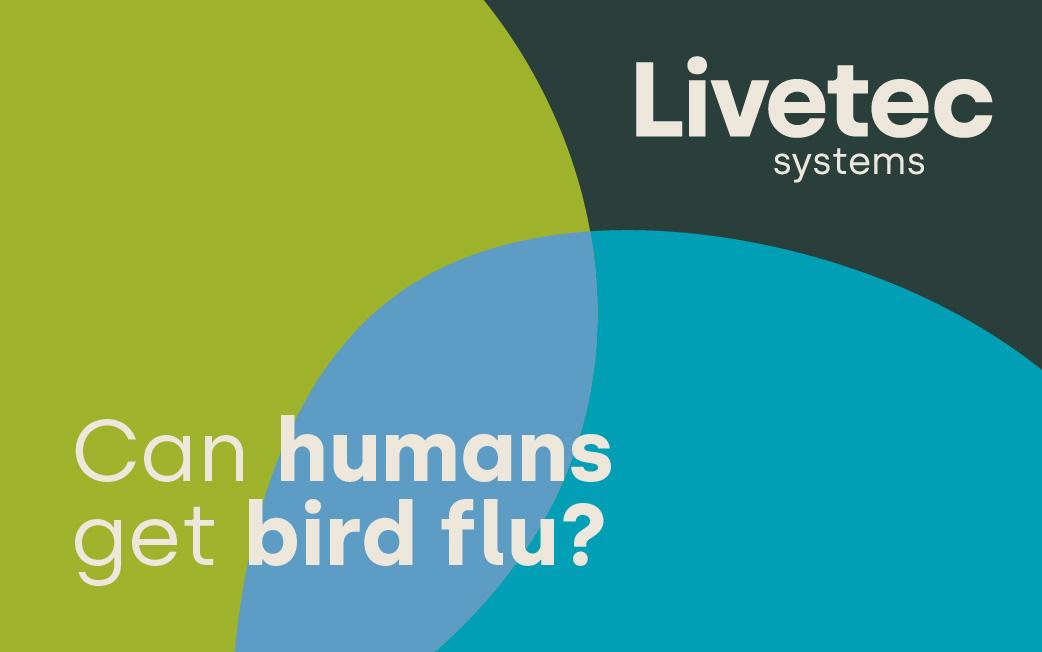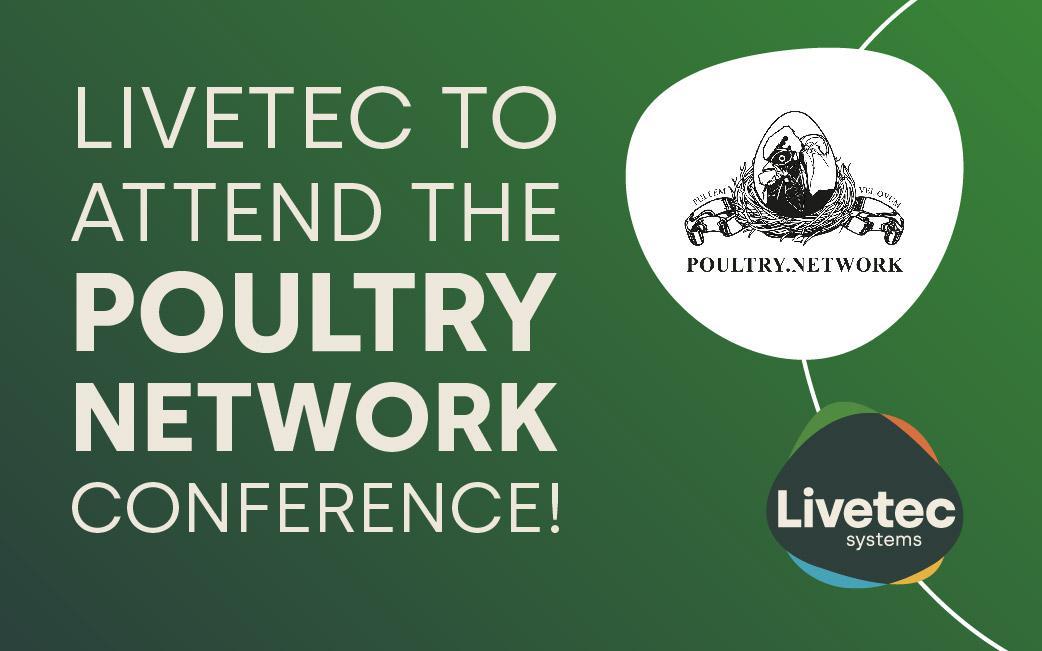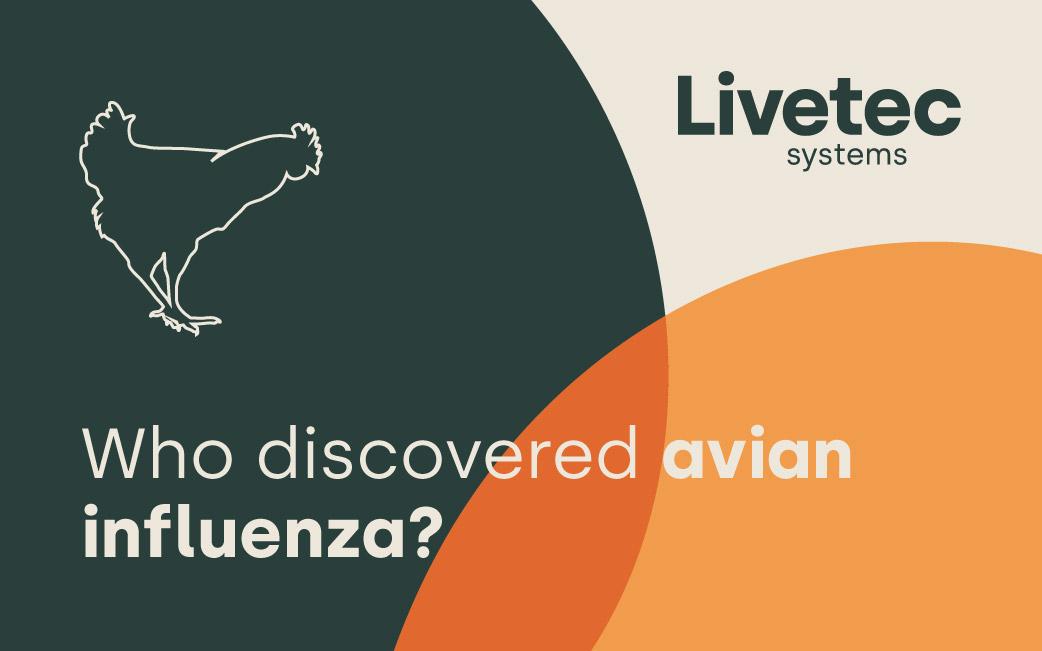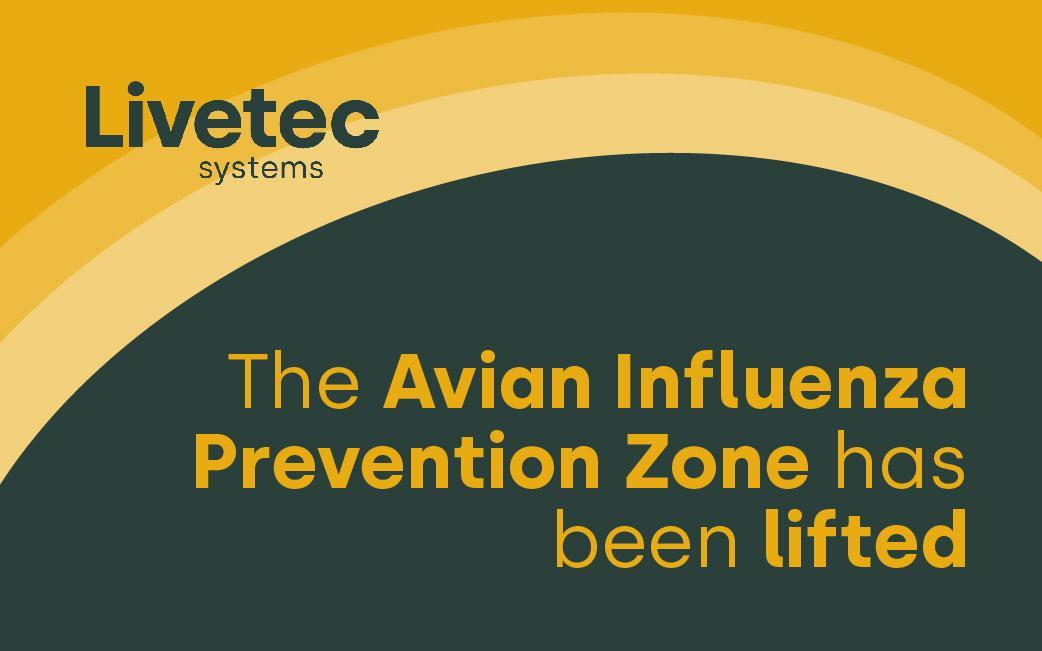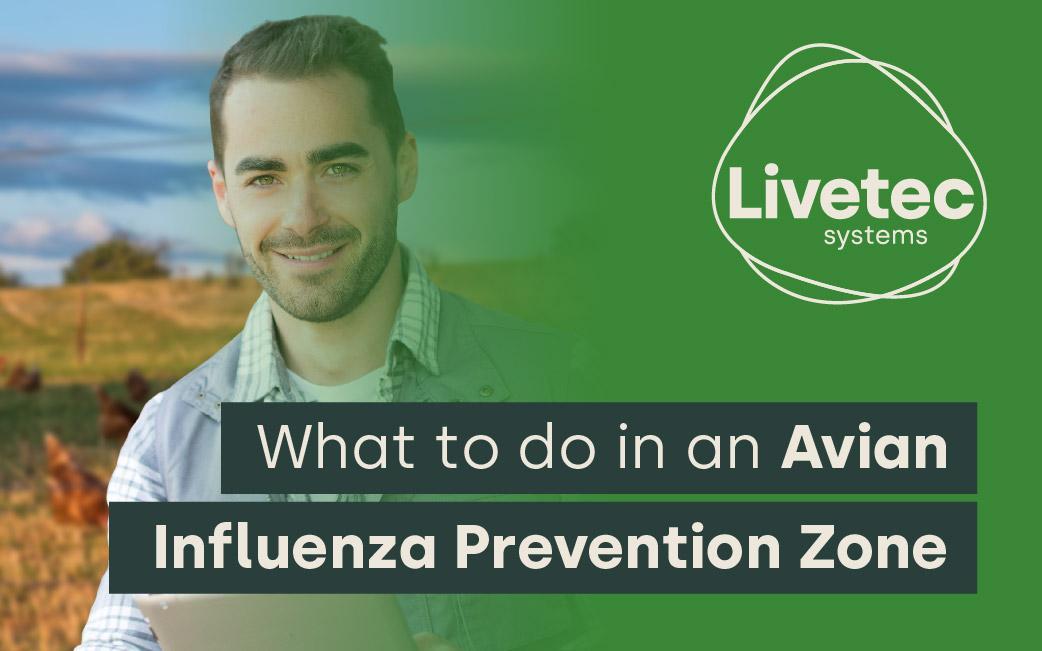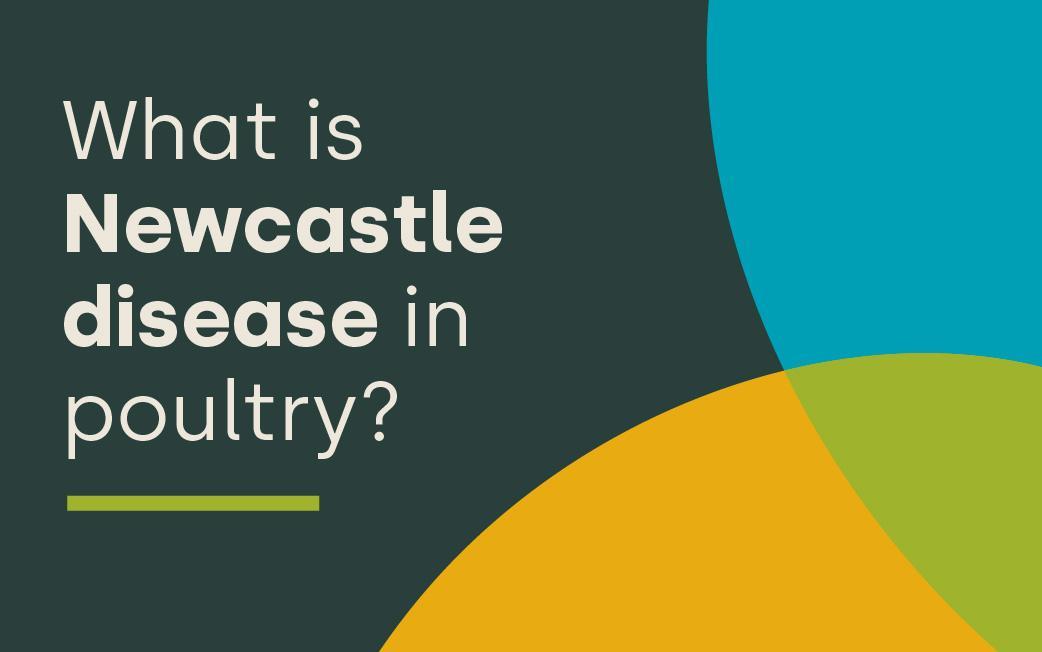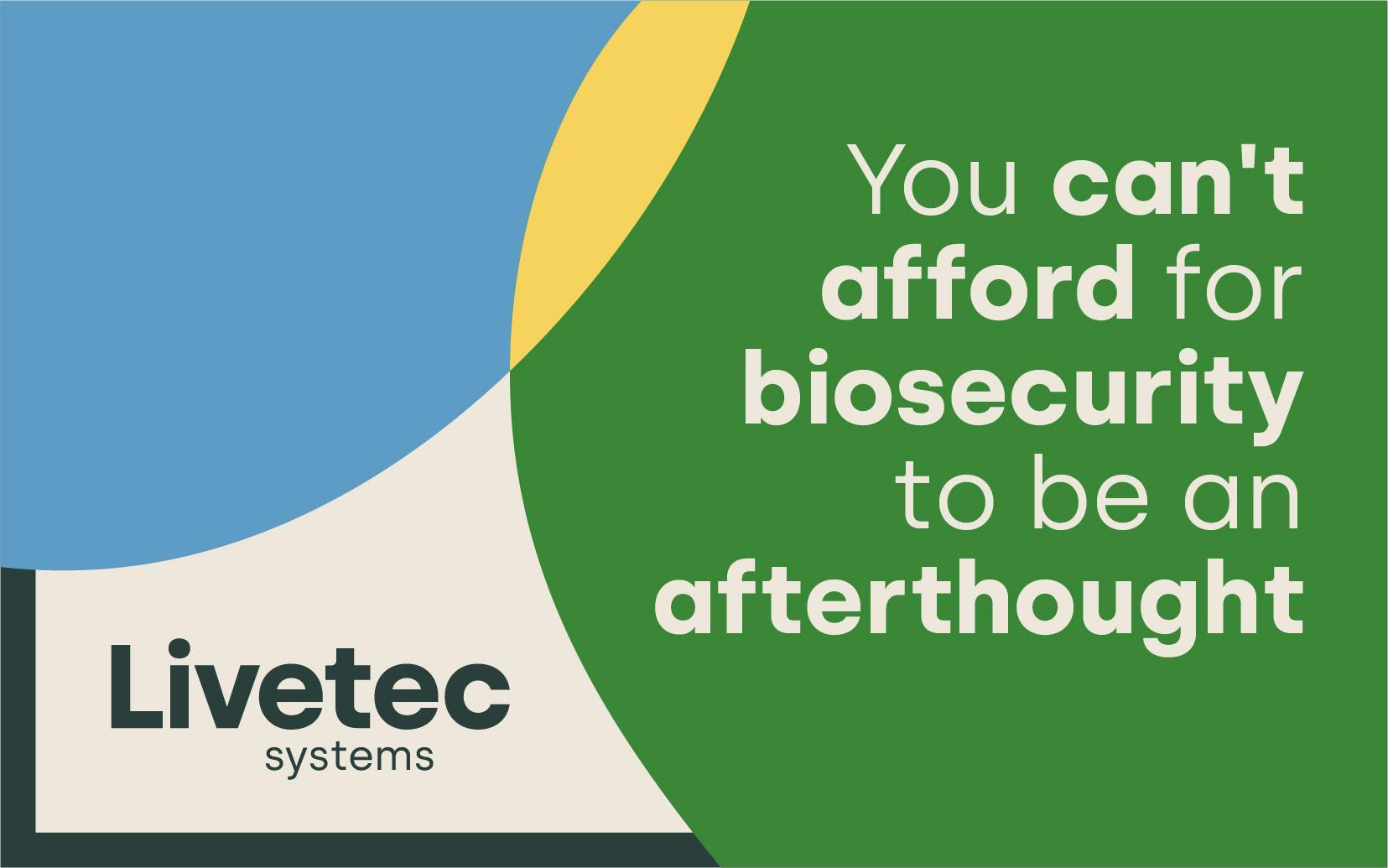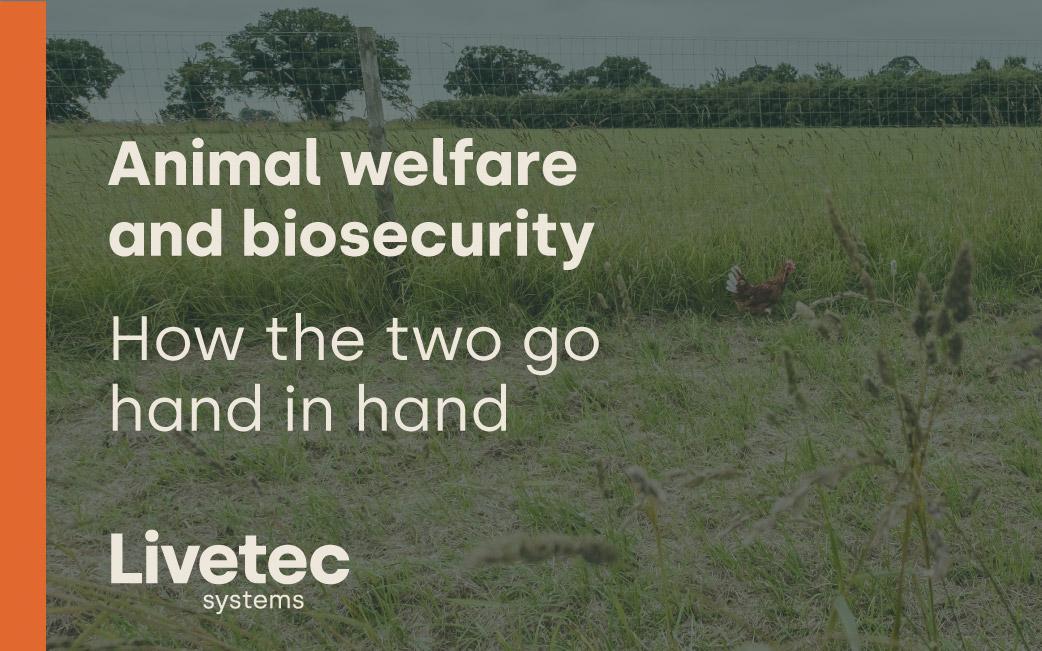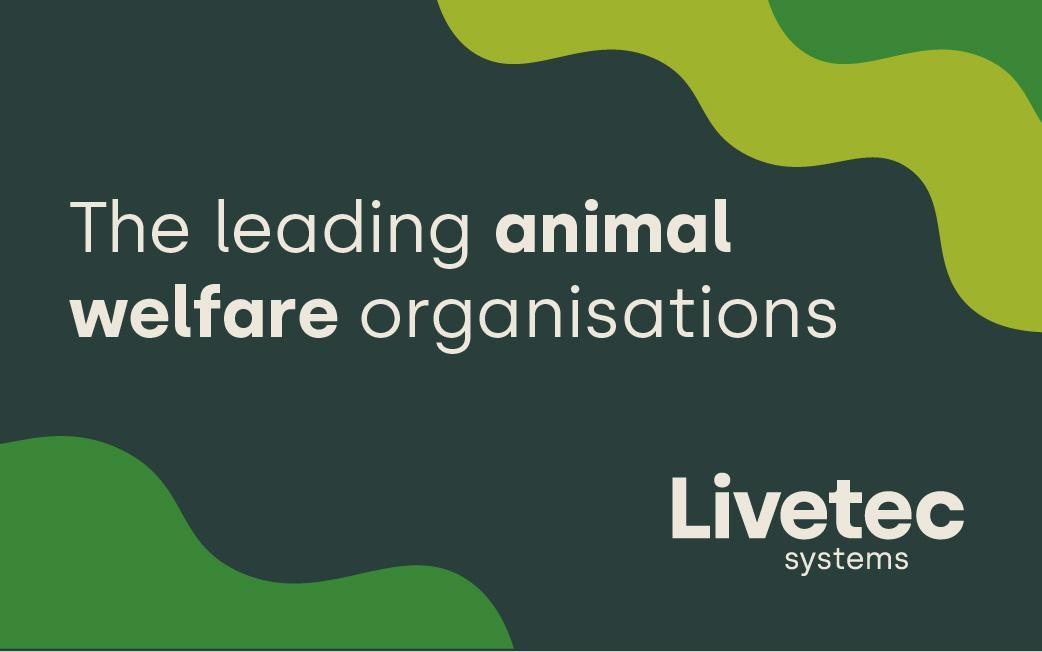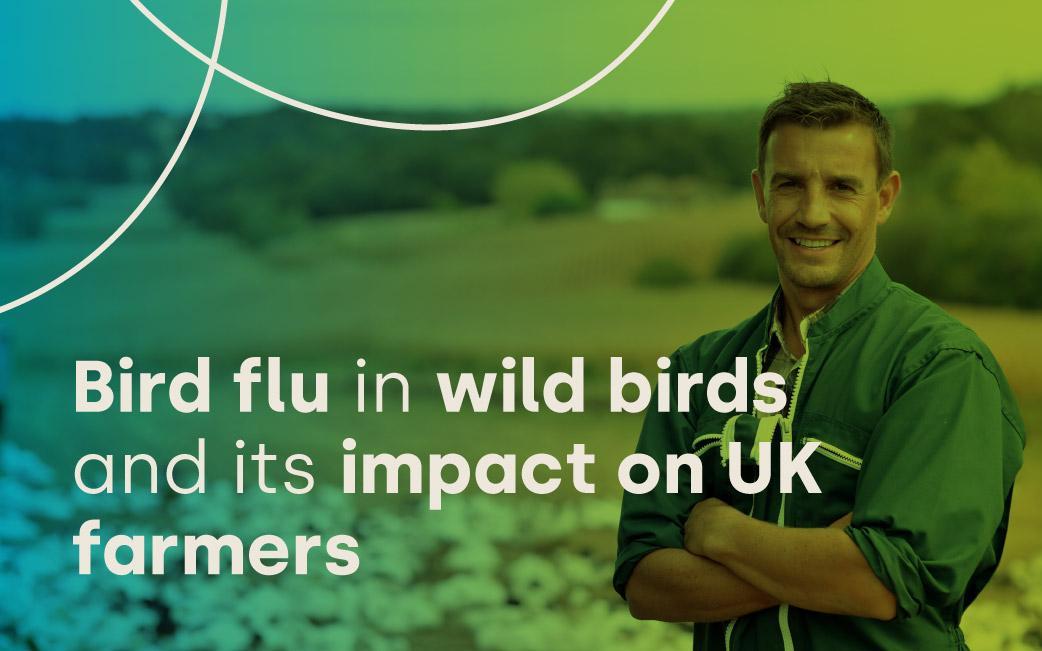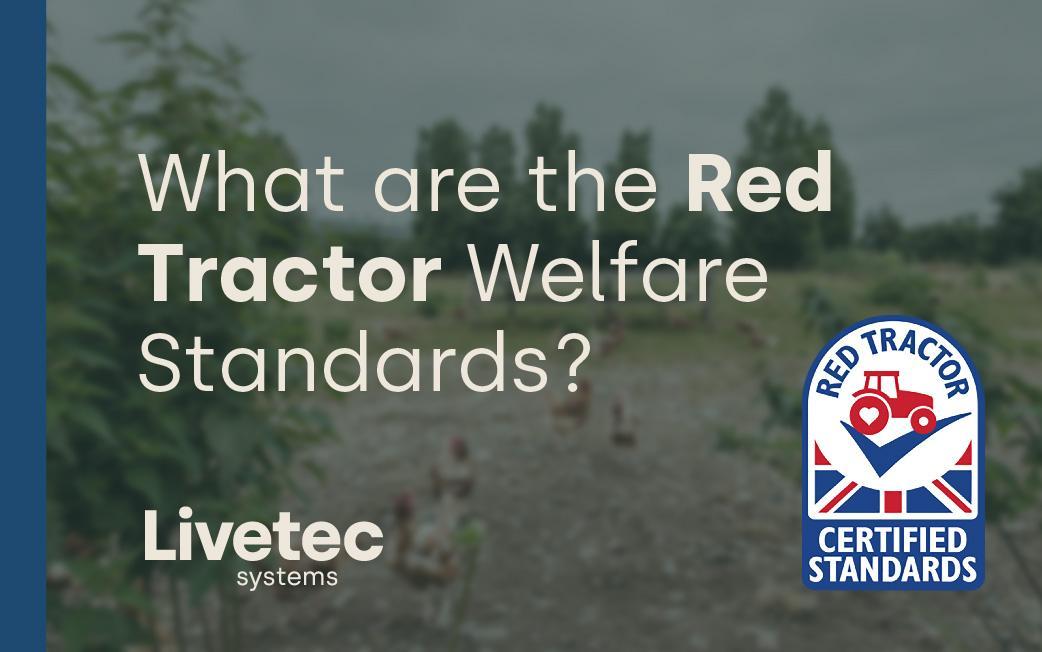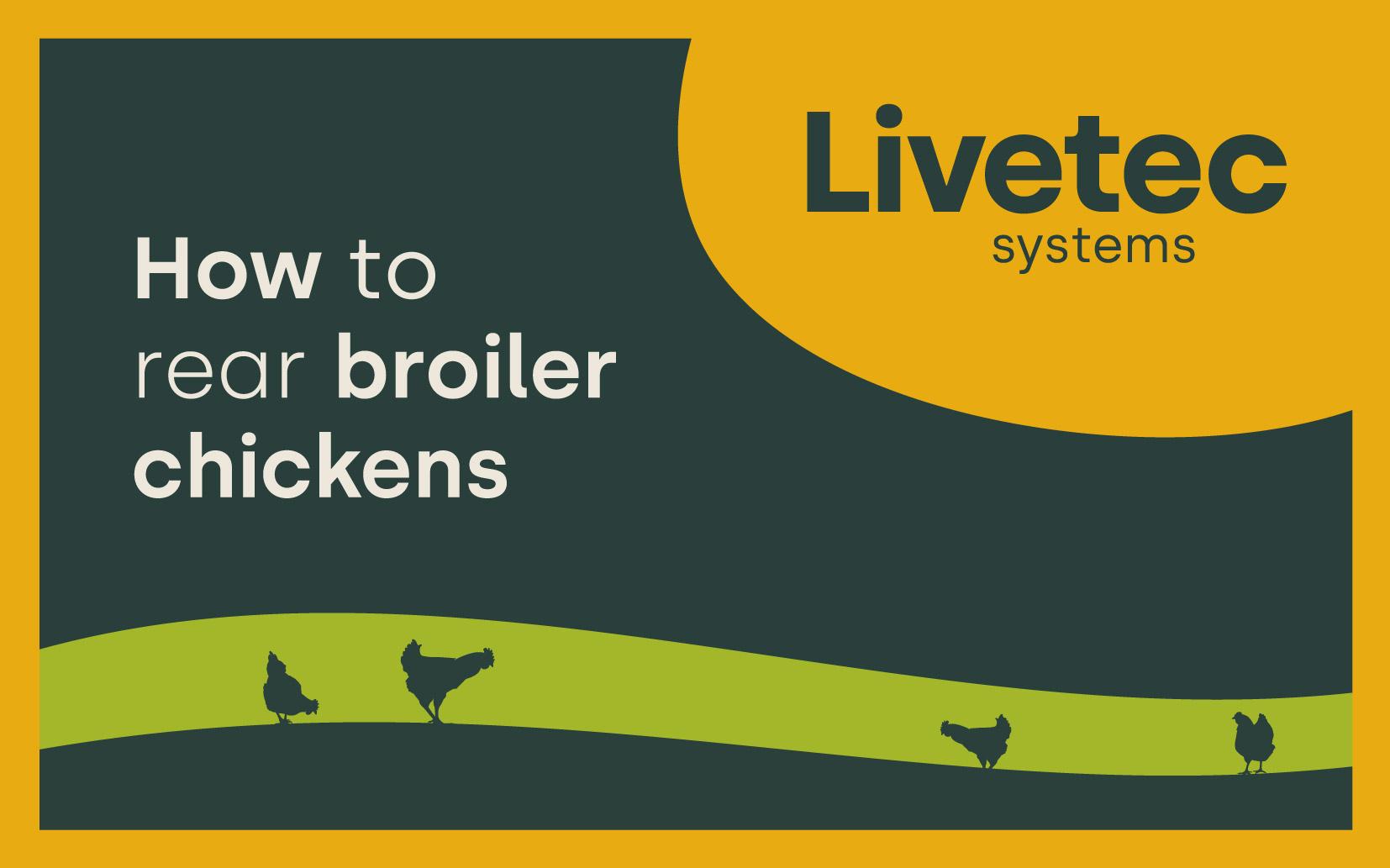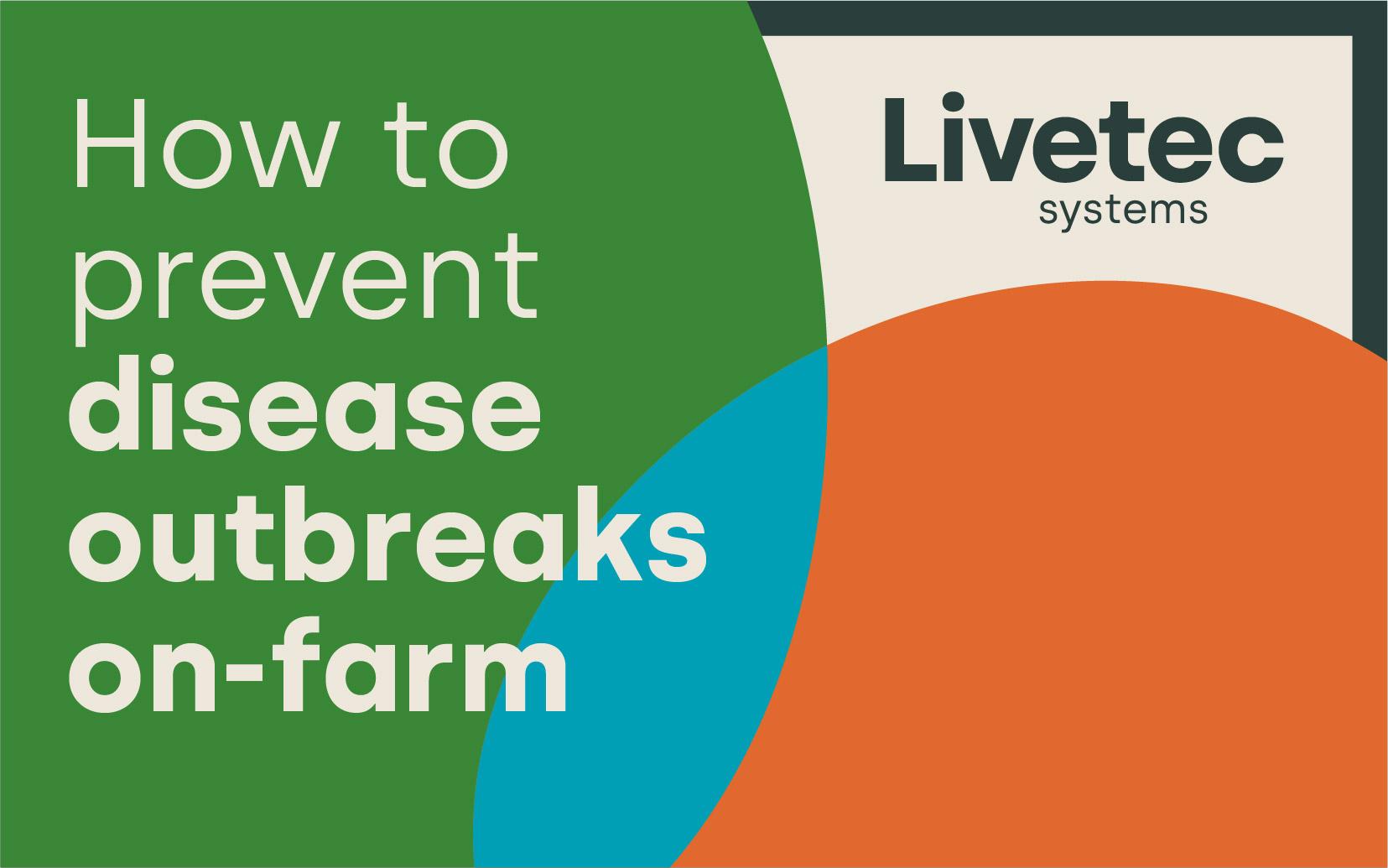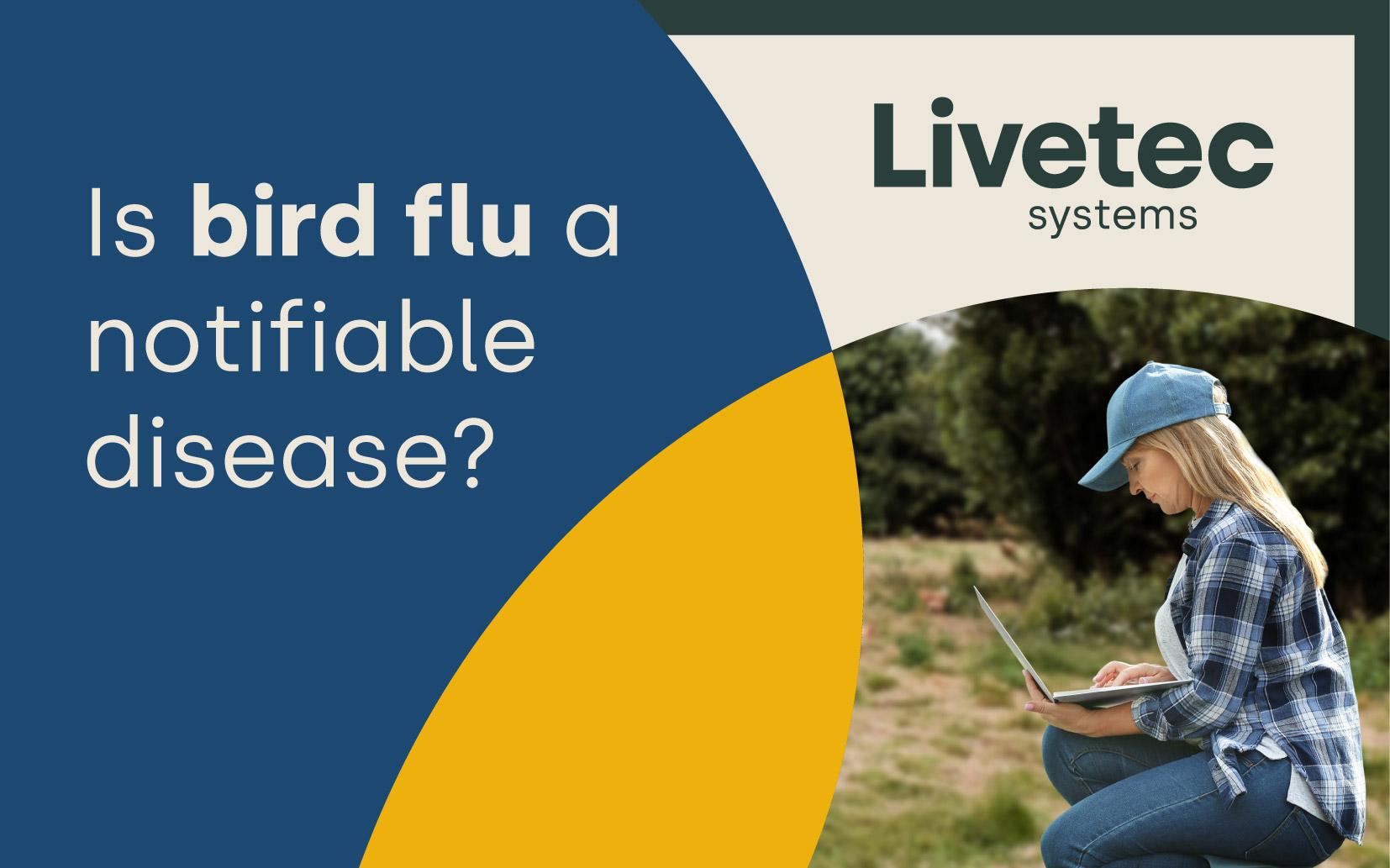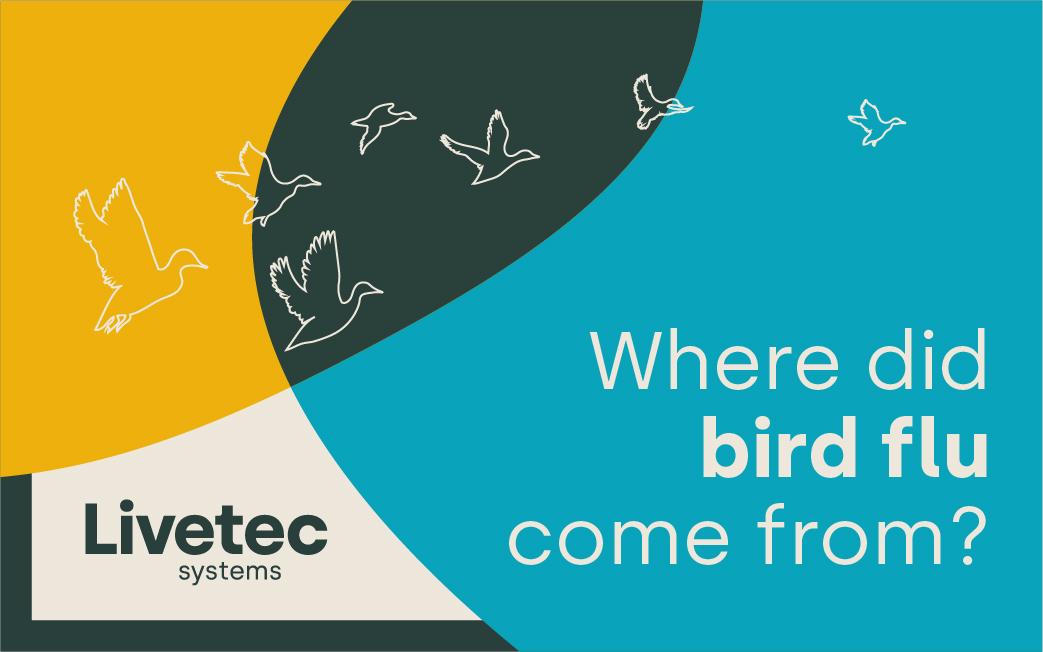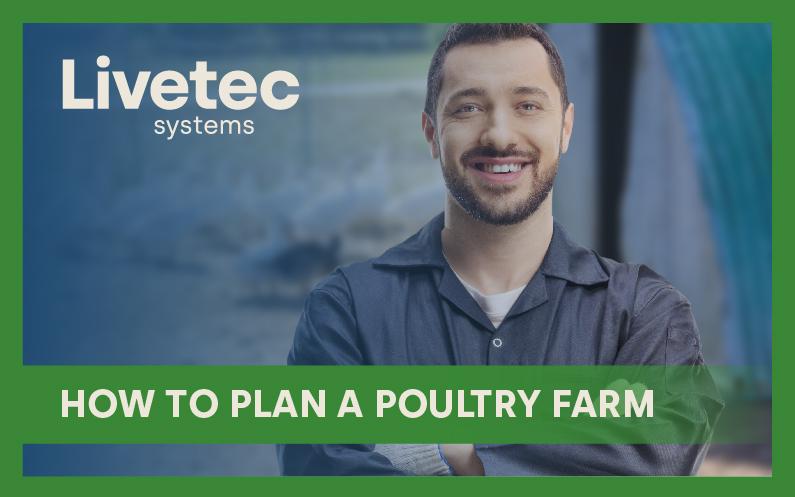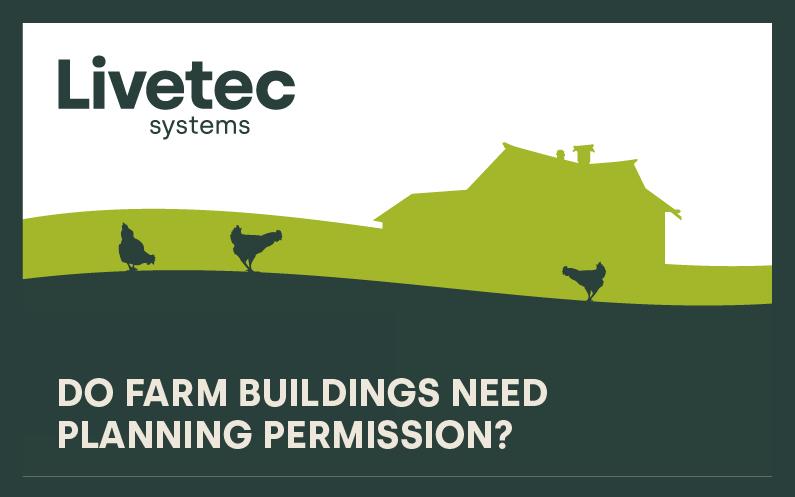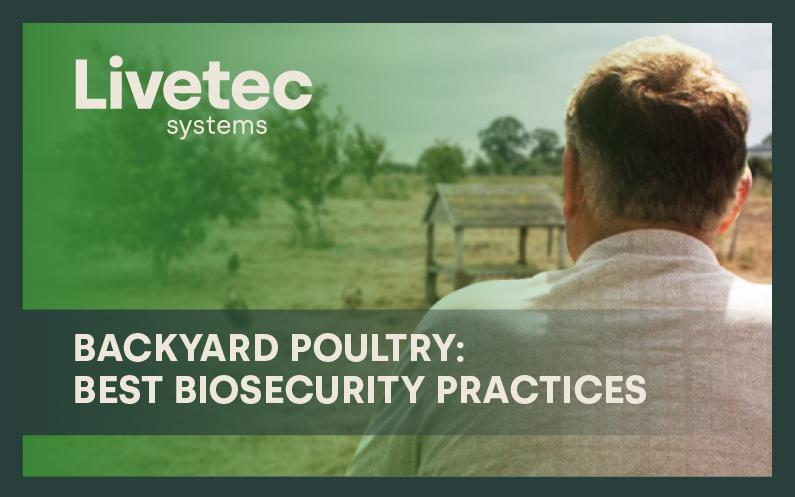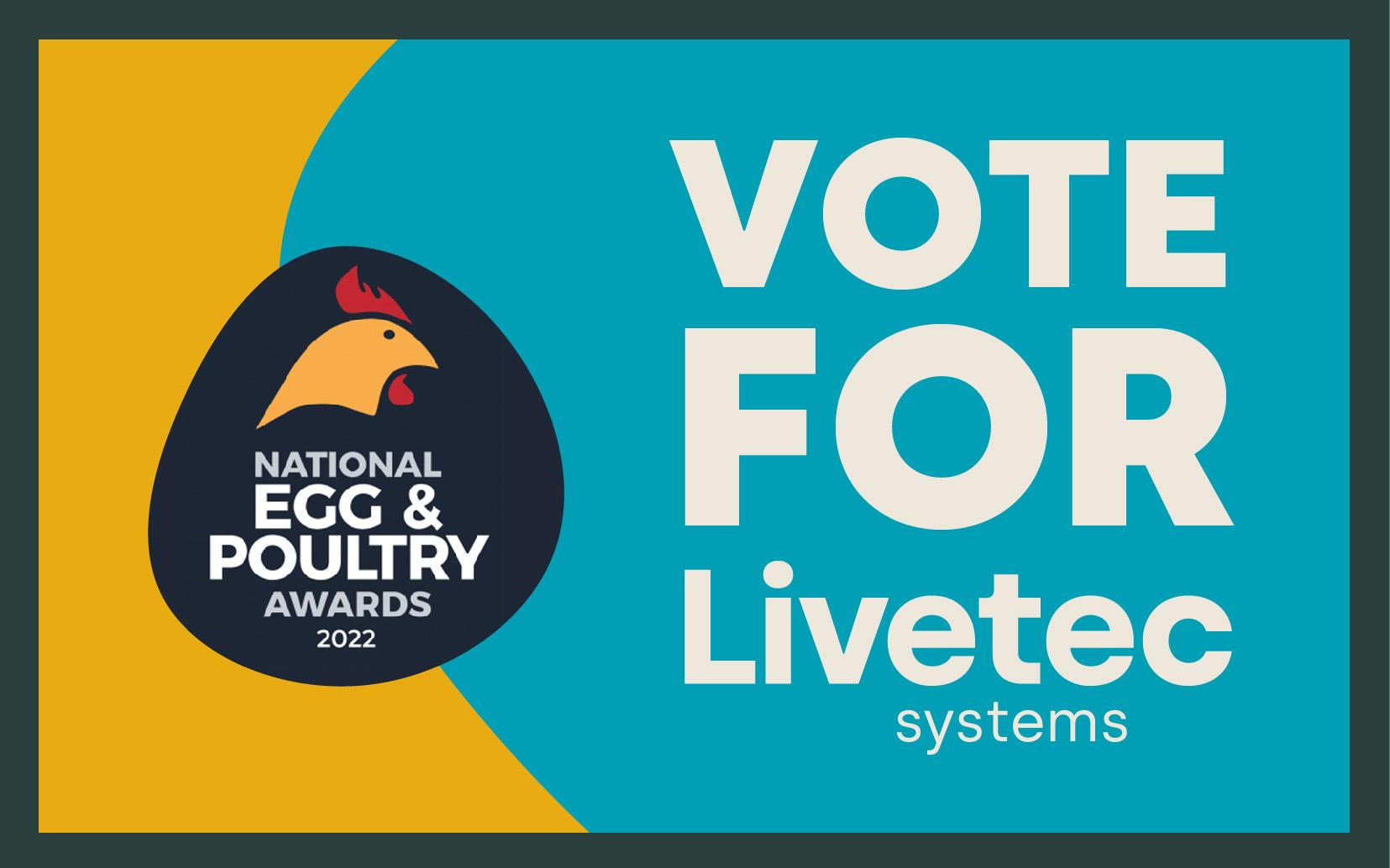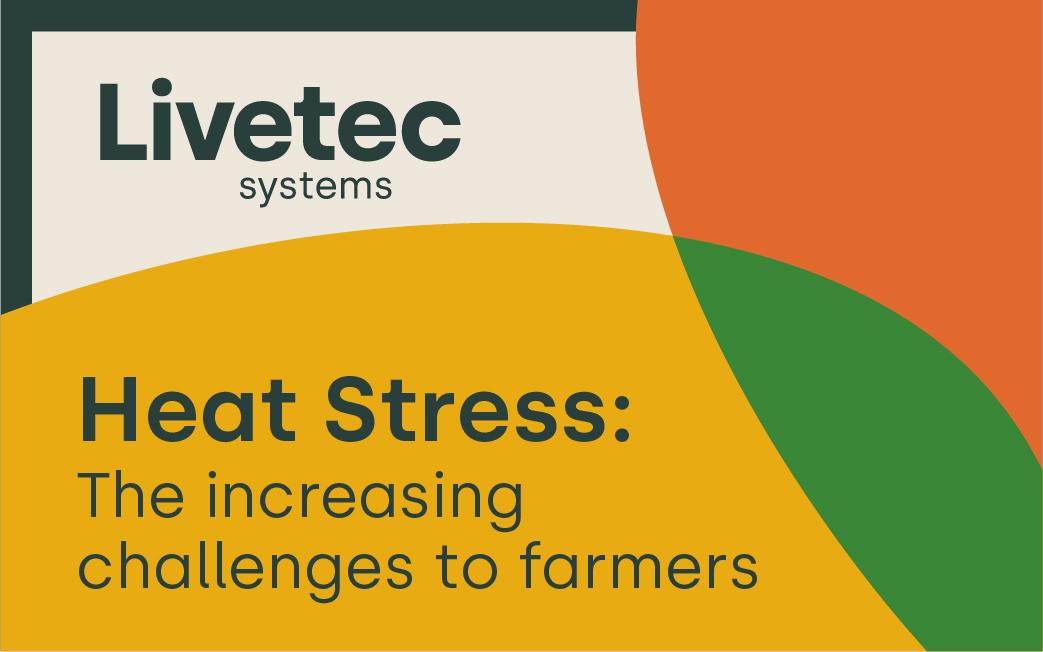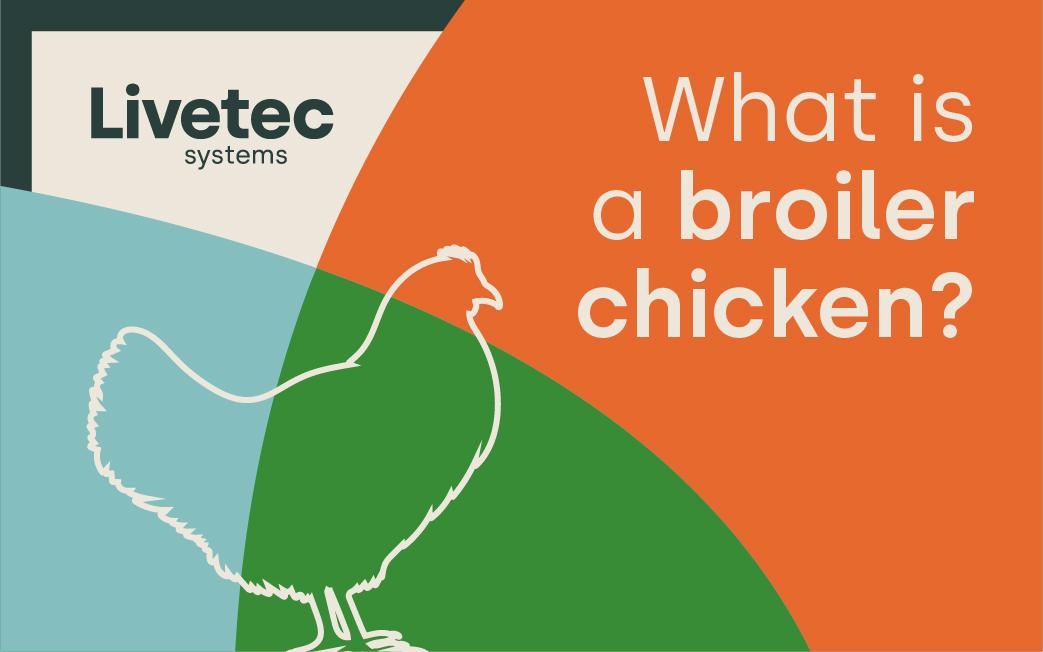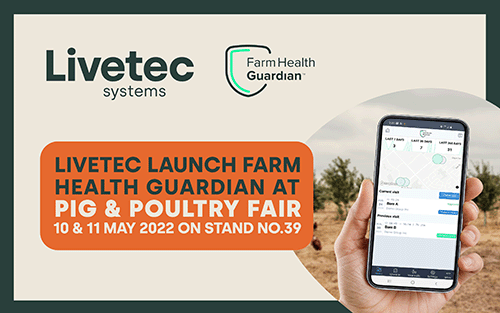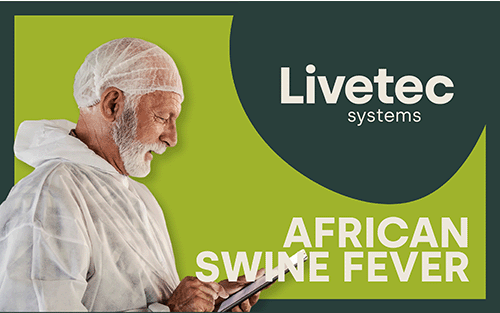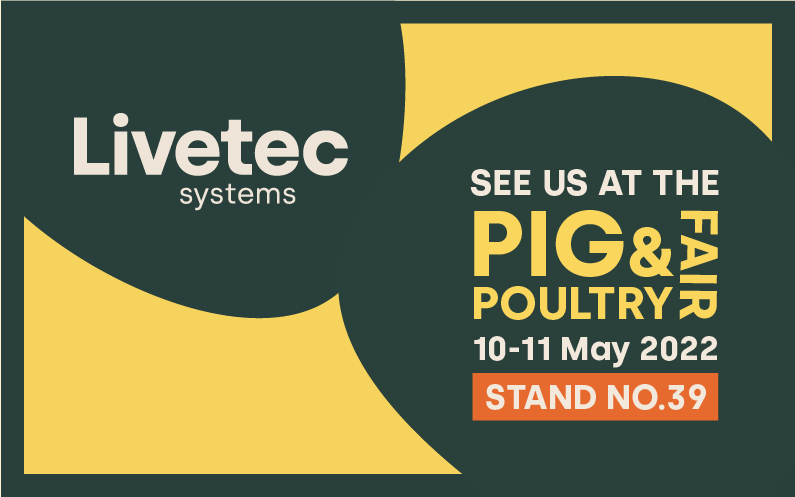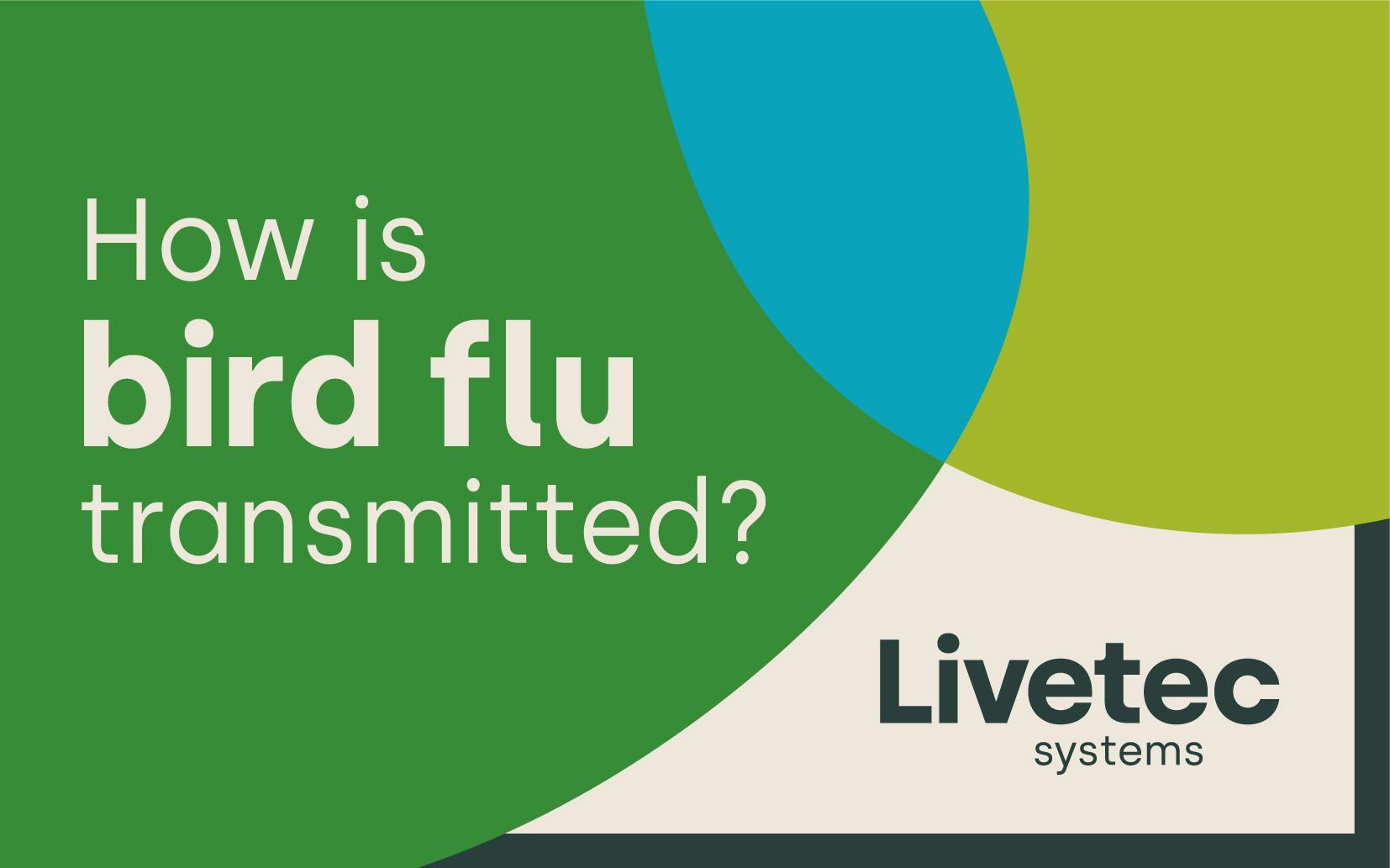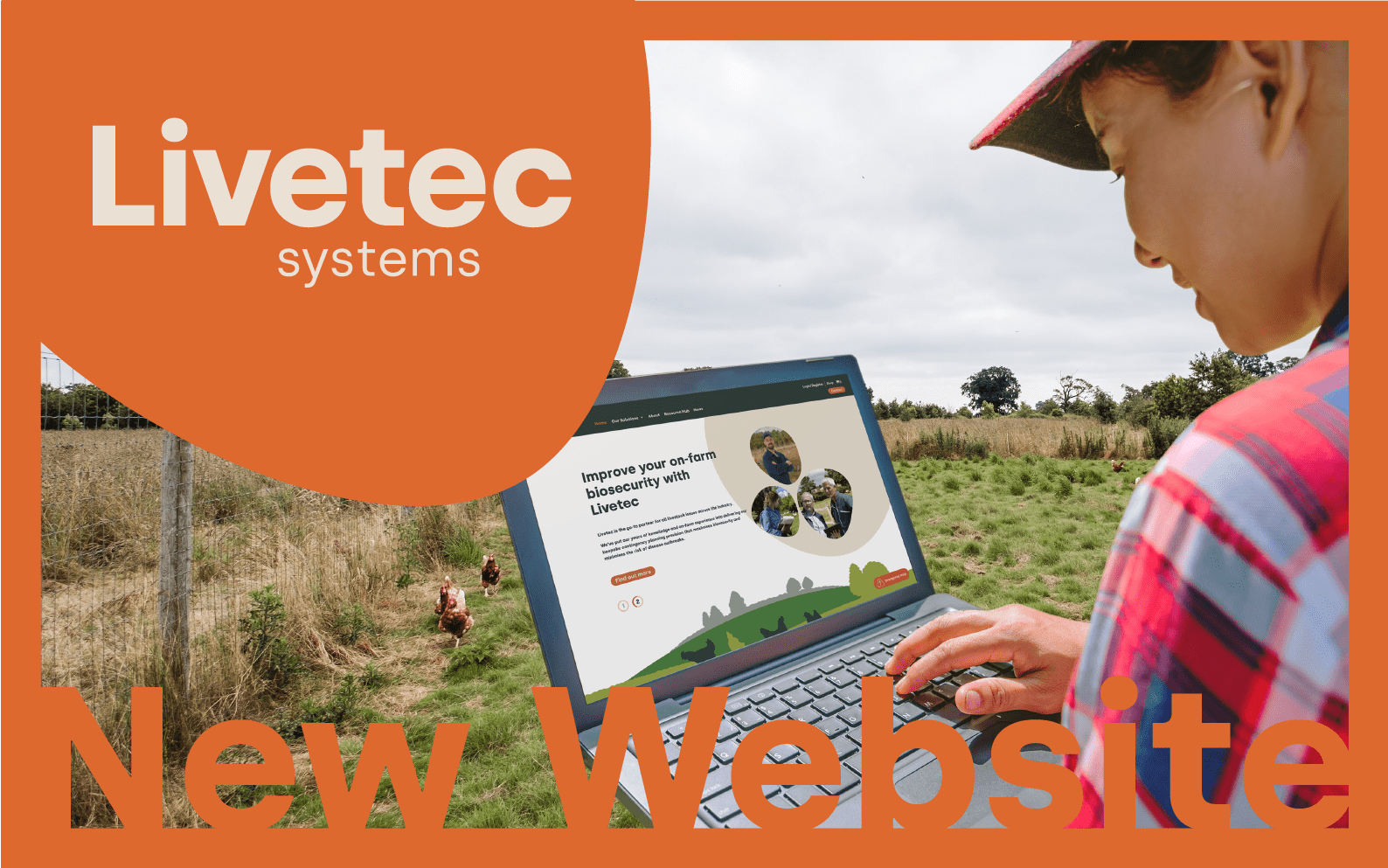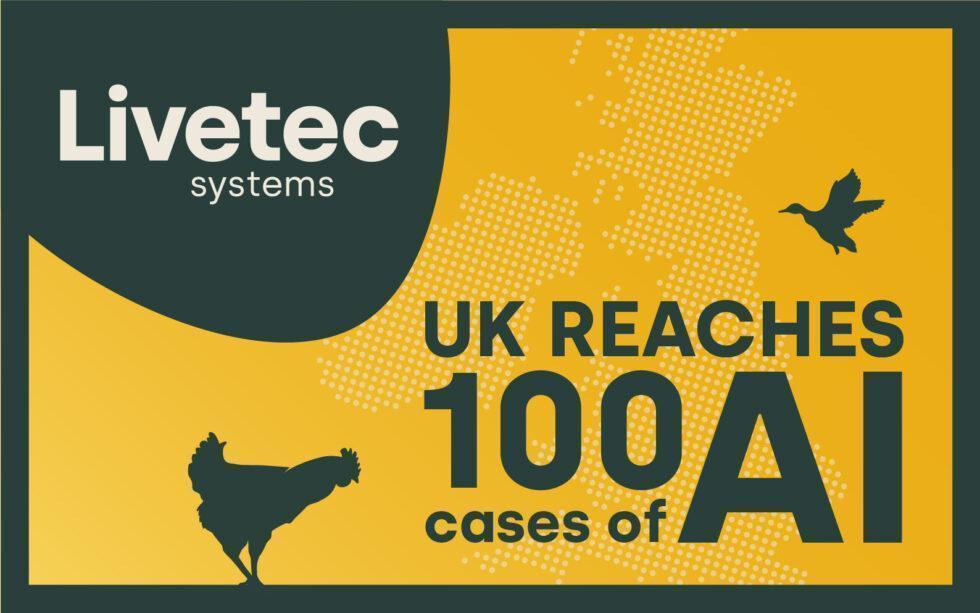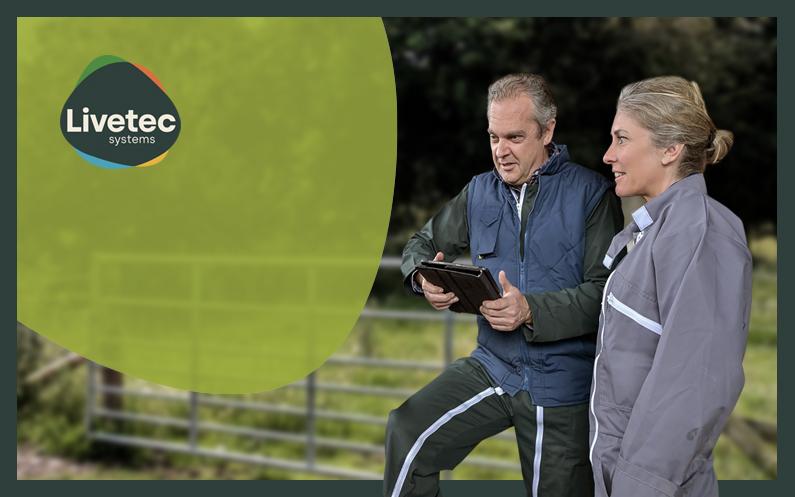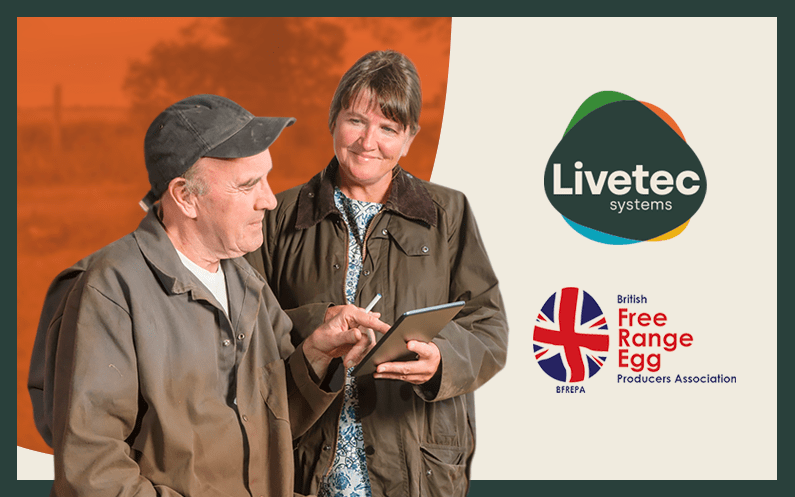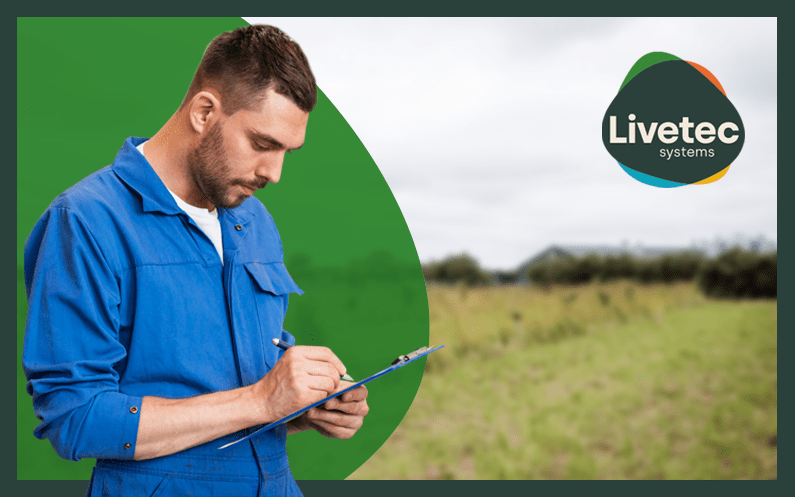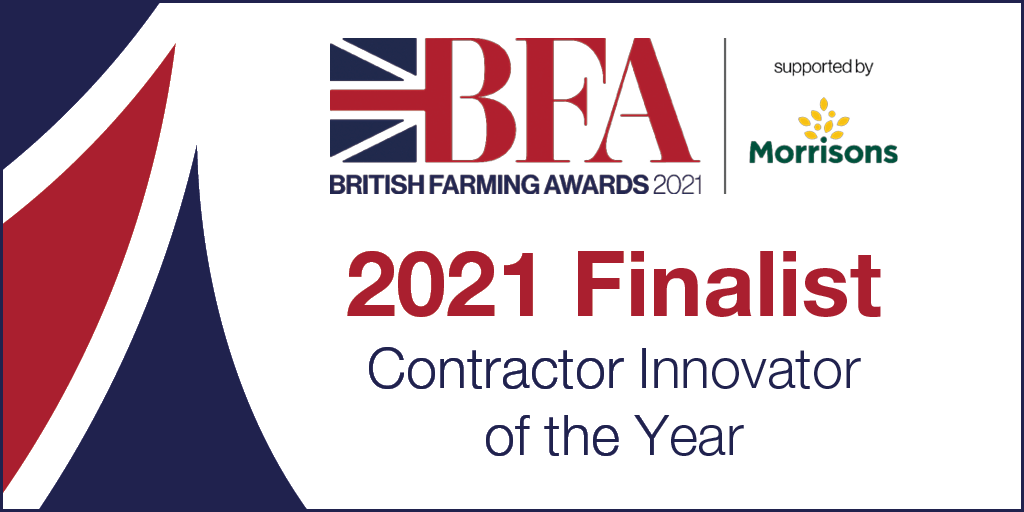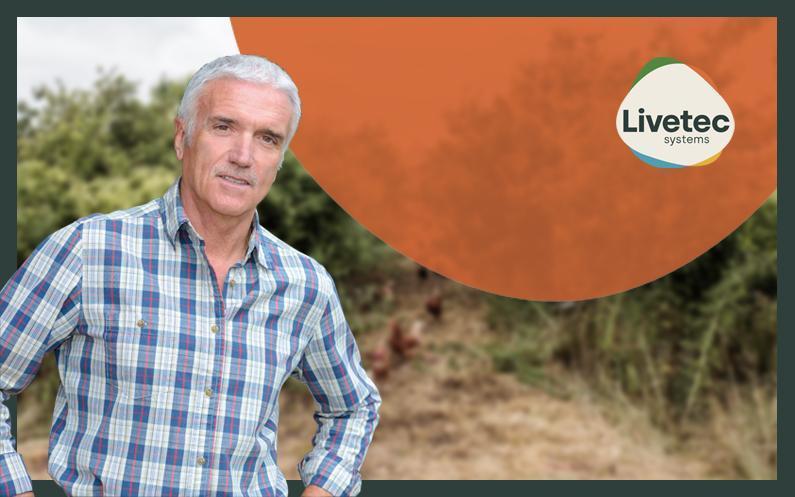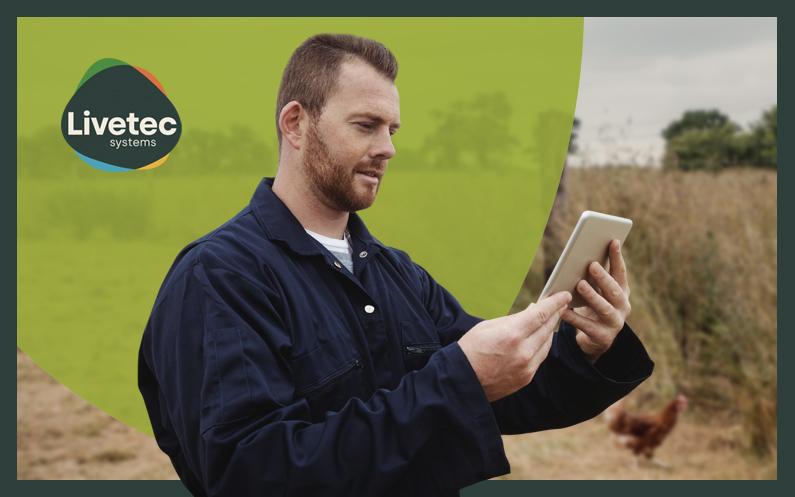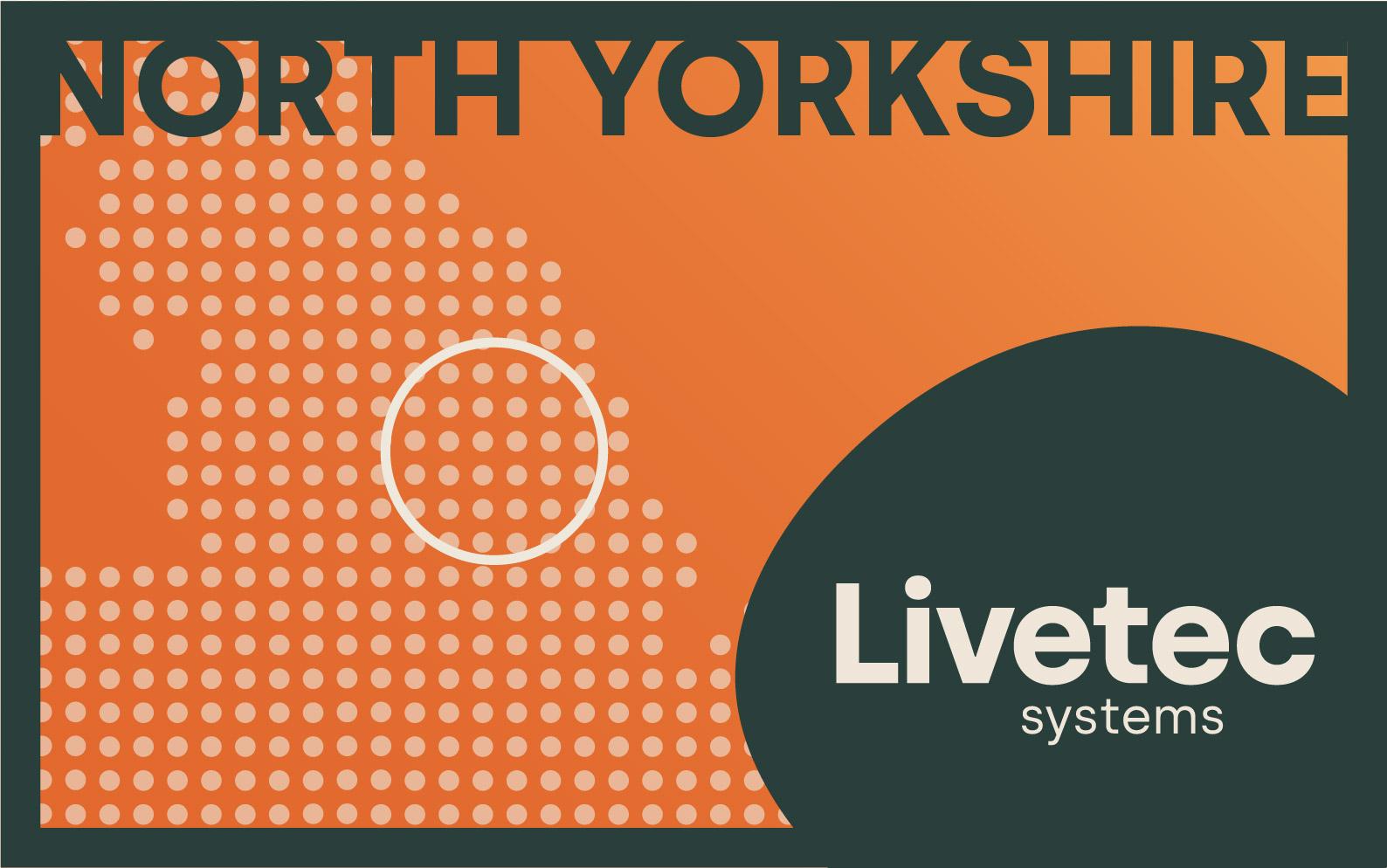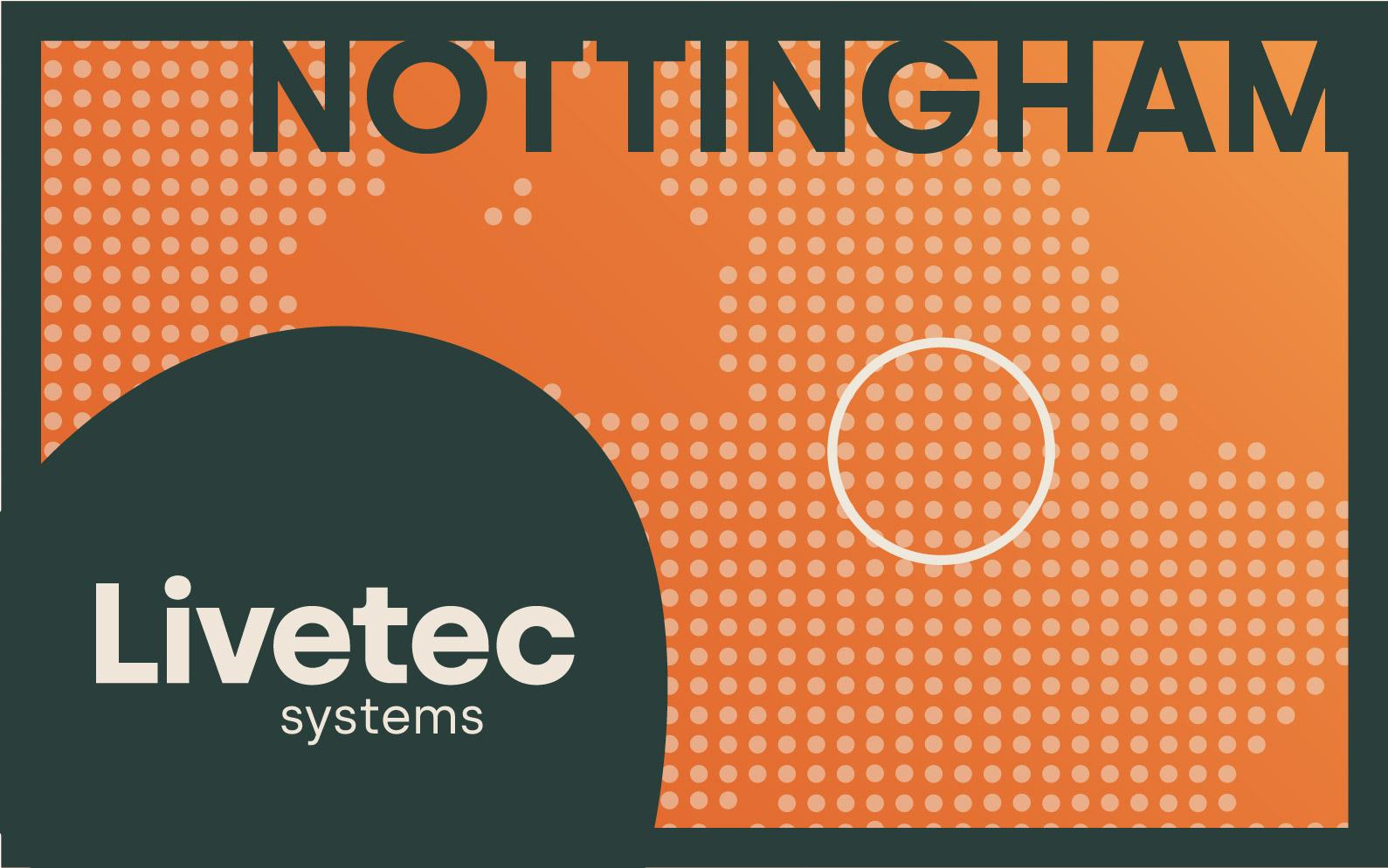There are many diseases that affect today’s poultry. Some, like bird flu or Newcastle disease, are deadly to poultry. Without a robust biosecurity plan in place a poultry farm business leaves itself vulnerable to a potential disease outbreak.
Biosecurity is often common sense, but making sure that everyone knows why the processes are in place is paramount. One mistake and you can have an outbreak on our hands, which is why getting buy-in from all workers, suppliers, animal health professionals and visitors cannot be overstated.
The first step to ensuring that your animals welfare and your business is protected is to create a checklist. A checklist is invaluable and has two important purposes:
- The checklist will highlight the areas where your current biosecurity is insufficient, and where the weaknesses are that should be addressed.
- It gives you a well thought out list of what should be reviewed regularly and allows you to easily spot when biosecurity has lapsed on your premise.
Where do I start when making a checklist?
Your checklist should concentrate on key areas, including:
Avoid bringing the infection onto your premises
It only takes a small amount of a virus like bird flu to be carried onto your premises in mud from someone’s boot or a vehicle’s tyres to cause an outbreak.
You should ensure that:
- At the entrance to the premise, you have signage indicating that only those who have been authorised to be on the property can enter.
- Only those who are necessary to the day-to-day running of the business should be allowed entry.
- You have a list of who is visiting your premises, where they have been beforehand, and record when they enter and leave.
- There is a single direction of movement into, around the farm and exit for workers, visitors, vehicles and equipment.
- At entrances to the premise, animal housing and barns there should be sanitation stations which should be constantly checked and supplied.
- Vehicle access and machinery that is brought to the premises should be kept to a minimum. They should be cleaned and disinfected before they enter or are used.
- You know where your feed and other supplies are coming from and that the supplier has good biosecurity in place.
- Feed is kept dry and stored securely inside away from potential contamination from wild bird faeces.
- Quarantine any new animals before introducing them to other birds.
Keeping your sheds and buildings maintained to a high degree
It’s not just visitors, machinery or vehicles that can bring disease onto your property. If wild birds can mix with your poultry, there is a high risk of infection. This is also true of rodents that can carry the disease on their bodies as well as pets.
You should ensure that:
- All buildings are maintained to a high standard and that there is no access for wild birds, vermin or pets.
- Doors to animal houses, sheds or barns, feed storage buildings and other frequently used structures should be shut on entry and exit and locked when not in use.
- Feed spills should be cleaned up immediately to avoid encouraging rodents.
- Pets are prohibited from the premises.
- Water is supplied from a secure source and standing water is netted to discourage wild birds.
Visitors, staff hygiene and education
You should ensure that:
- You have protocols in place that all those who enter the premises understand and adhere to.
- All those who contribute to the day-to-day running of the business should be trained in the biosecurity processes.
- Full training records should be kept and the training should be refreshed on a regular basis.
- It is easy for farm workers and visitors to disinfect their footwear or supply new footwear for the premises.
- Before anyone enters a building housing livestock, or at a processing facility, they should wash their hands thoroughly and again when leaving.
- You have a system in place to ensure that your biosecurity is being followed.
Ensuring the health of your poultry
You should ensure that:
- All those who work with, and care for the animals, know the symptoms of avian influenza and have access to information about other diseases and their symptoms.
- You keep reliable, easy to access records of disease and mortality rates within a flock and by house, shed or barn.
- Birds showing signs of disease should be tested and separated from the flock.
- Dead birds are removed from the vicinity as a matter of urgency.
- You have a contingency plan in place that can be activated if a disease outbreak is confirmed on your premise. It might well reduce the impact to your business.
How can Livetec help protect your business?
Livetec have been providing support for UK poultry farmers for over a decade.
We have developed a range of evidence based bespoke biosecurity solutions, recognised by the poultry industry, to enhance bird keepers disease prevention measures, including:
- Biosecurity advisory service
- Contingency plan
- Biosecurity plan
- Infected premises response plan
- National outbreak plan
- Cleaning and disinfection plan
Our range of services can be adapted for each farm business, big or small, and today, not having a robust, functioning biosecurity plan can be make or break for some poultry farmers.
Find out how Livetec’s team of experts can help you protect the welfare of your animals, business and reputation and contact our biosecurity experts today.

